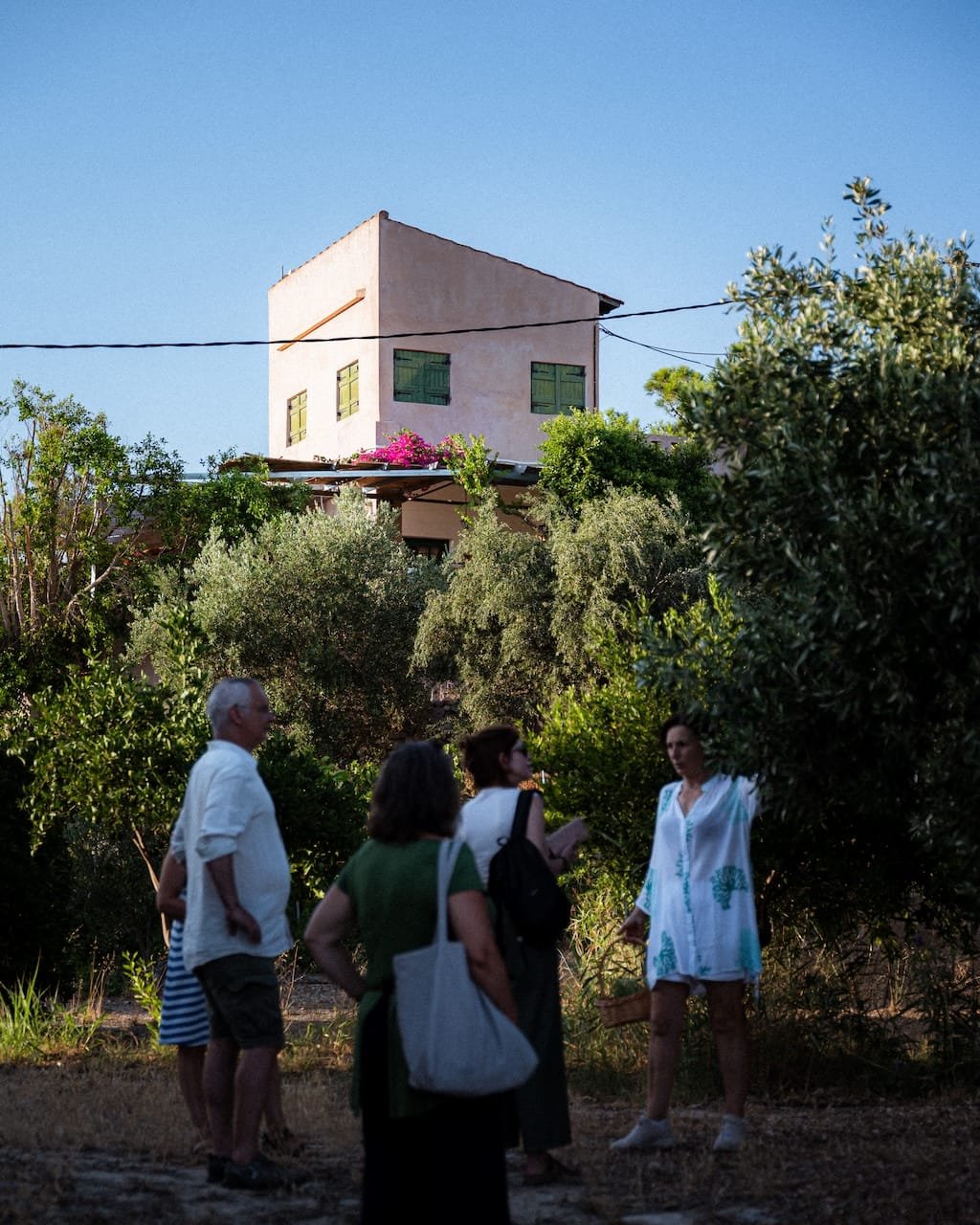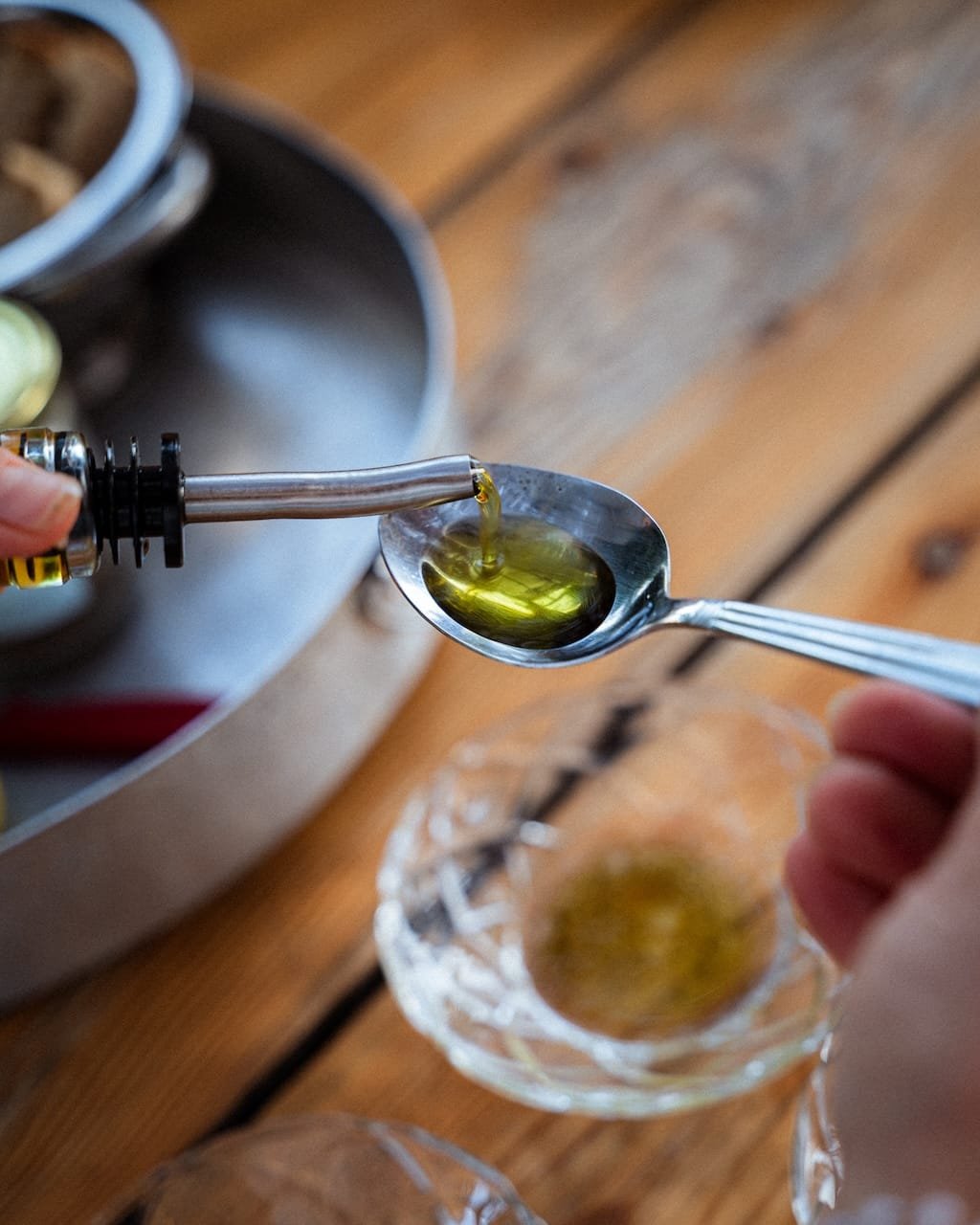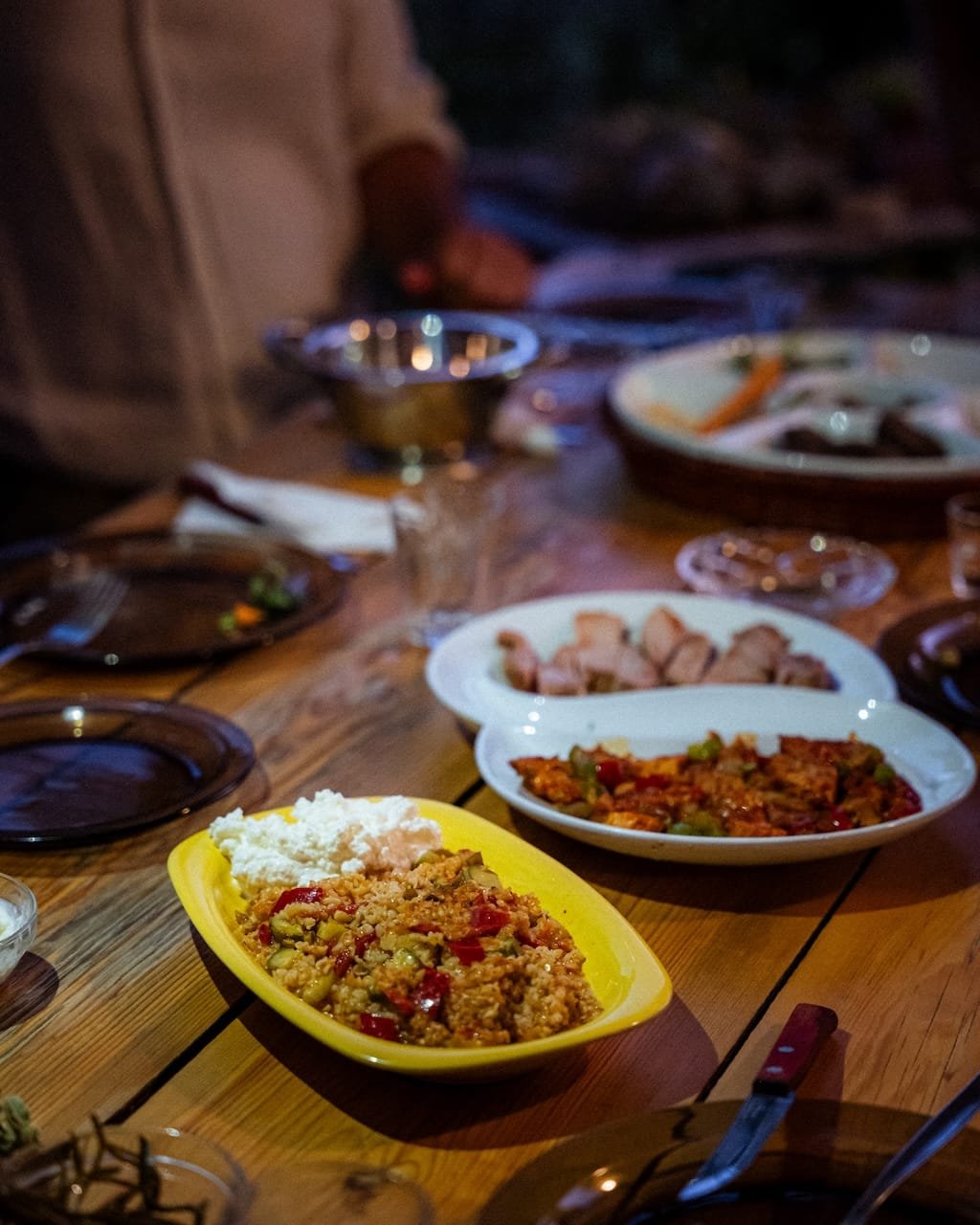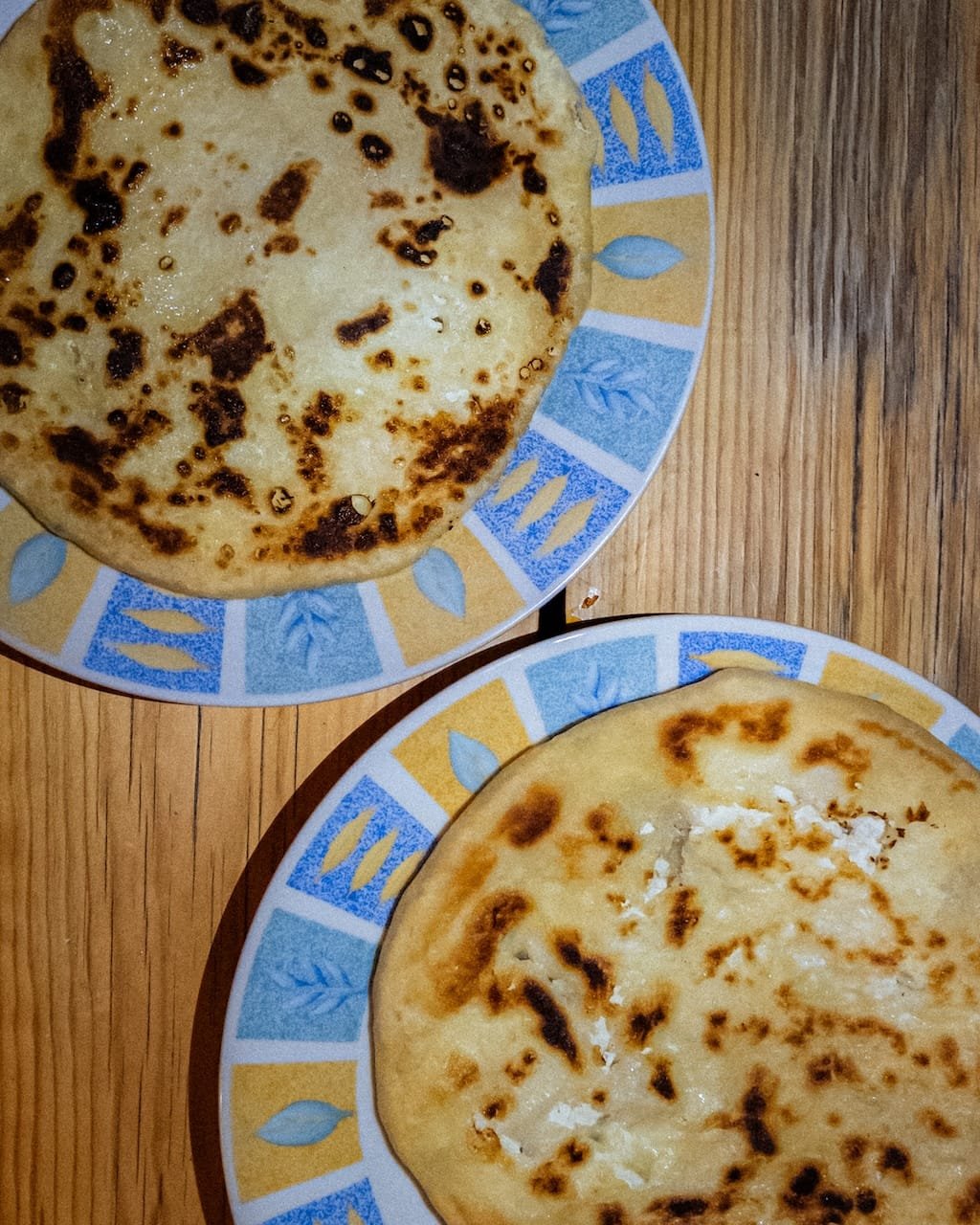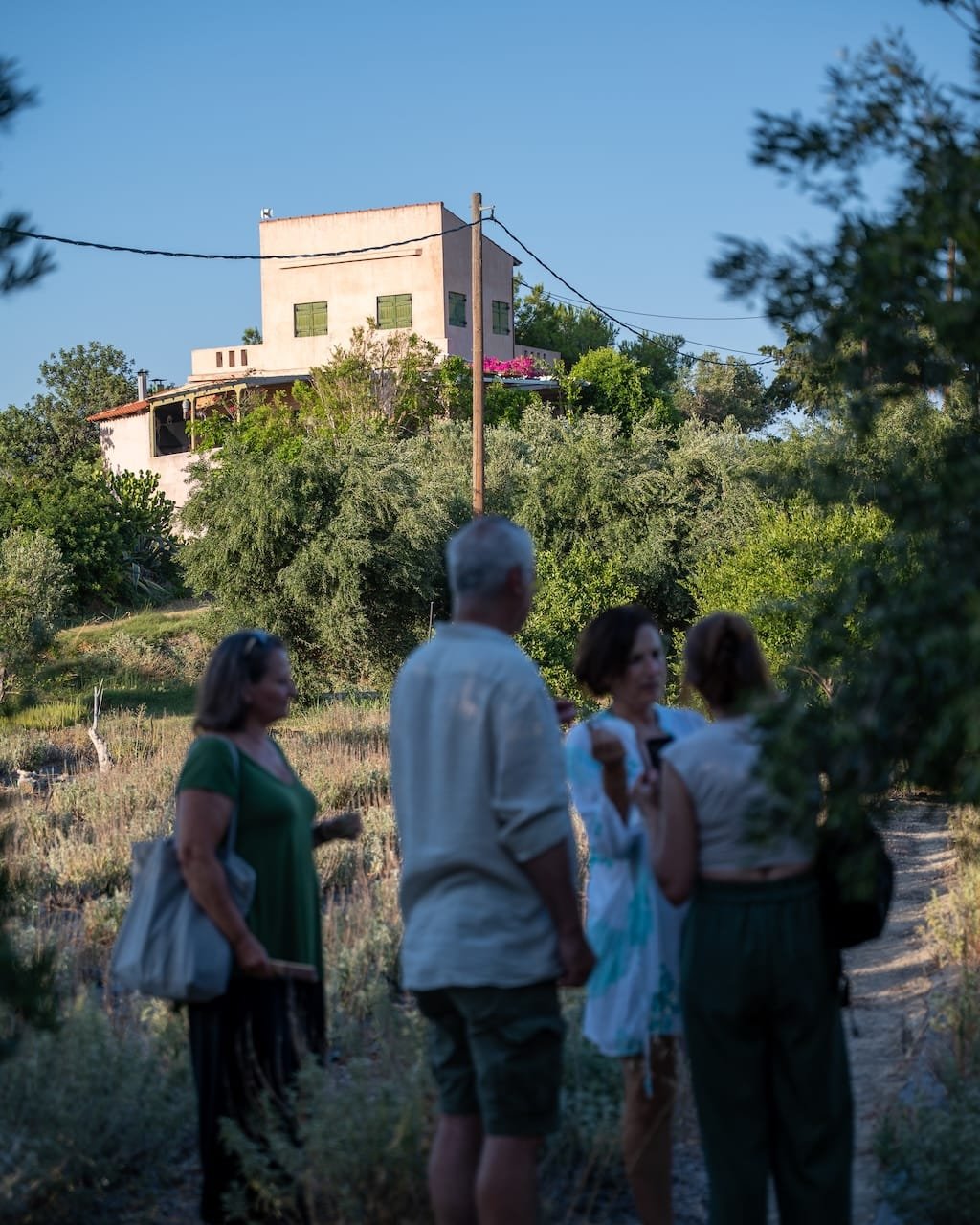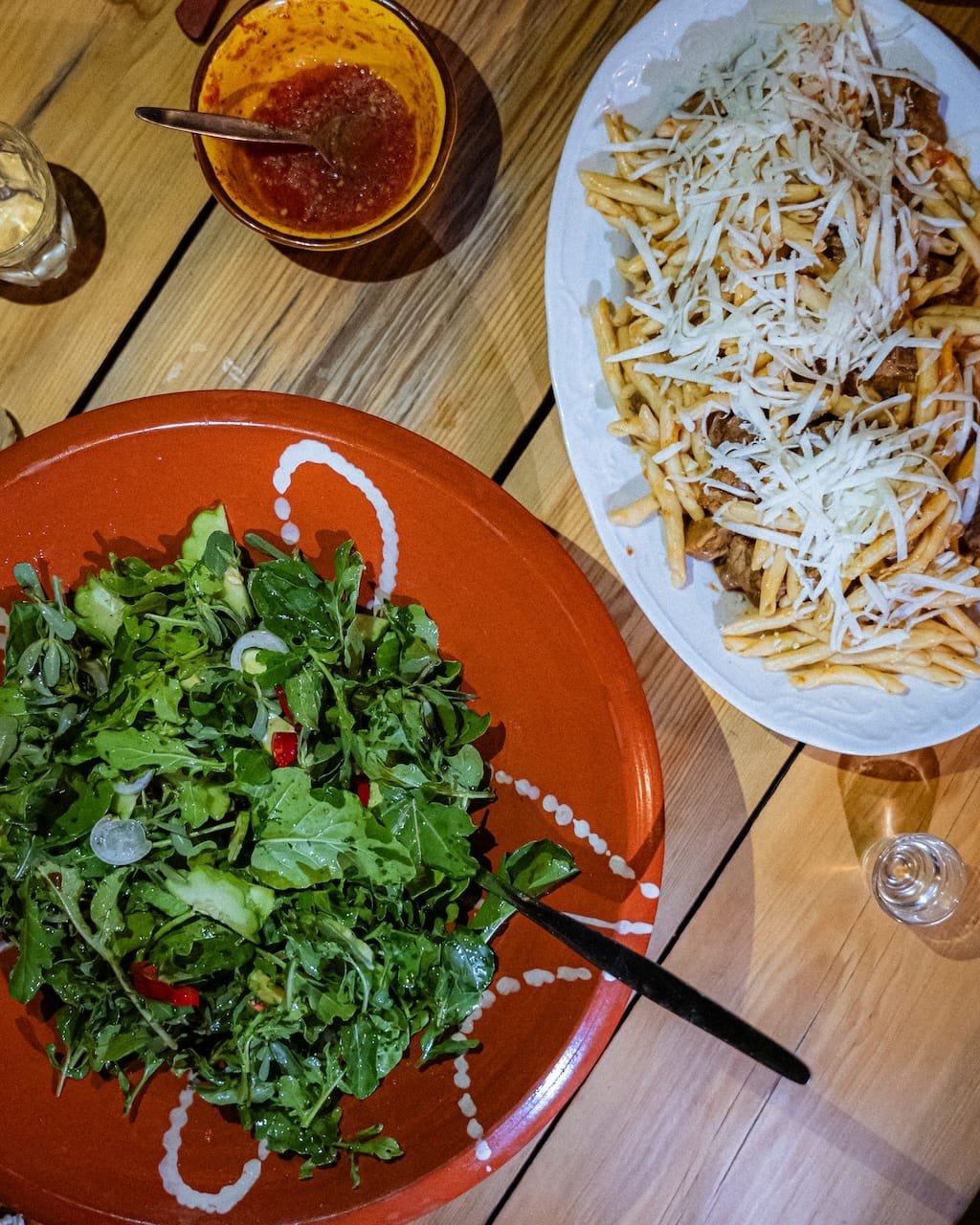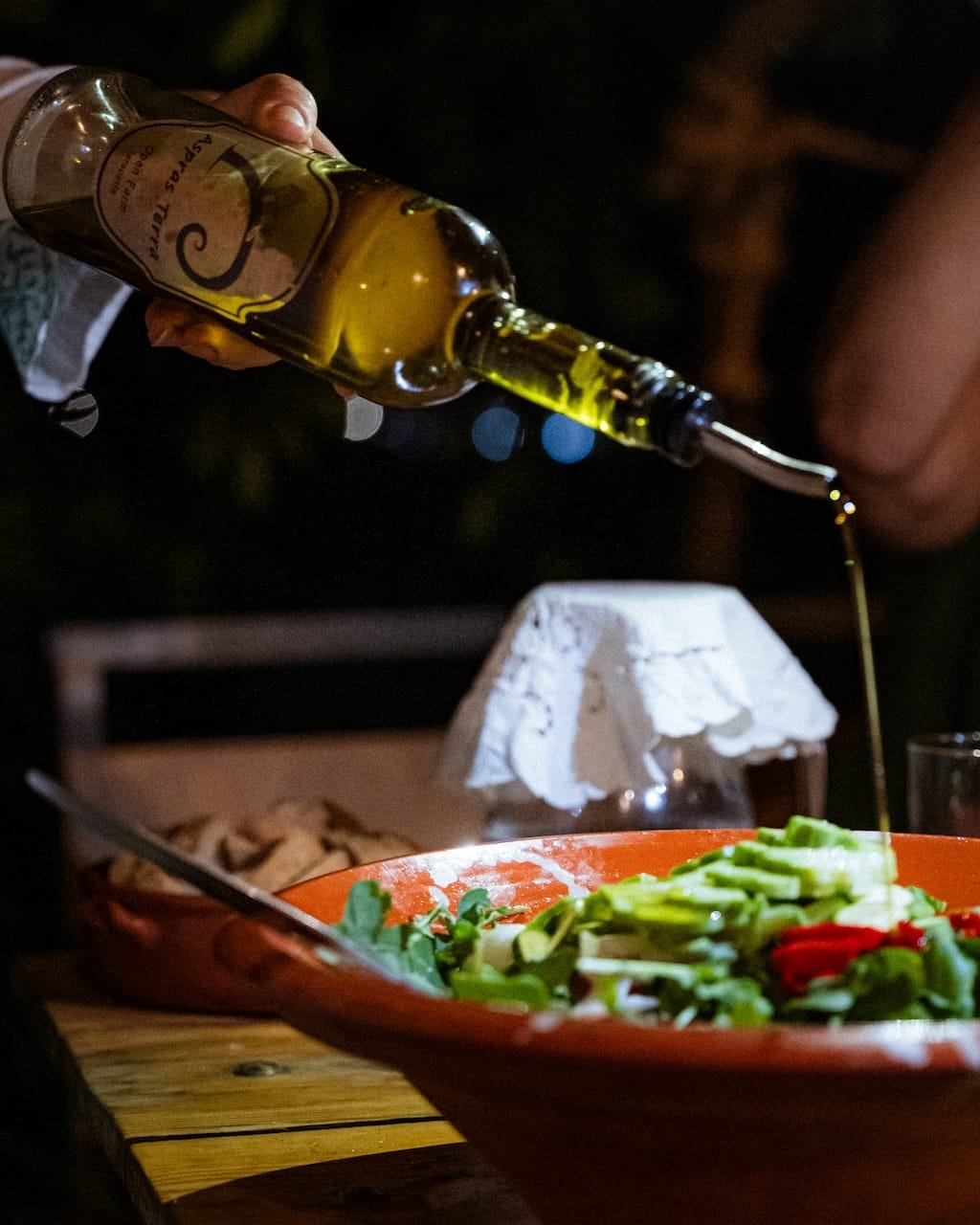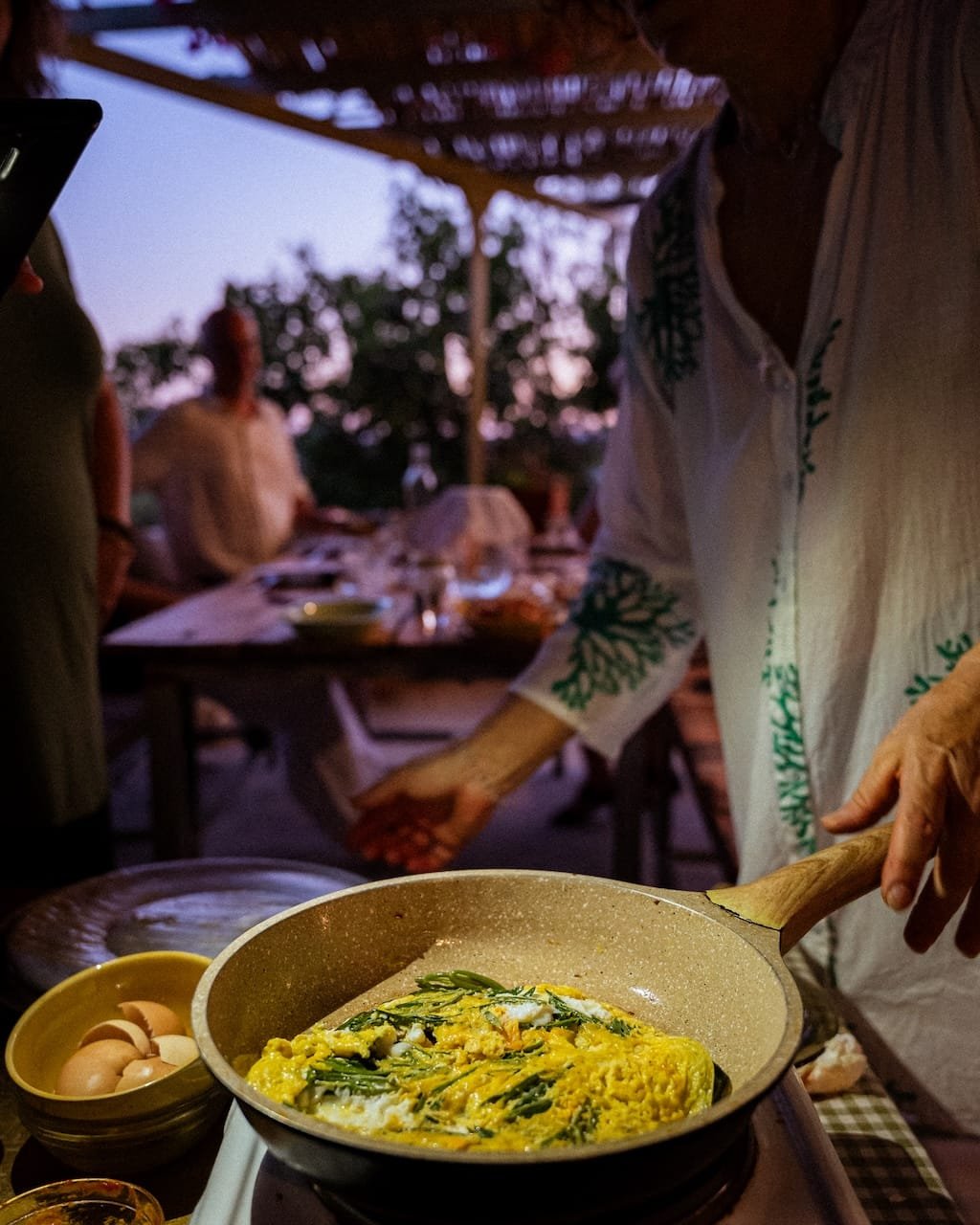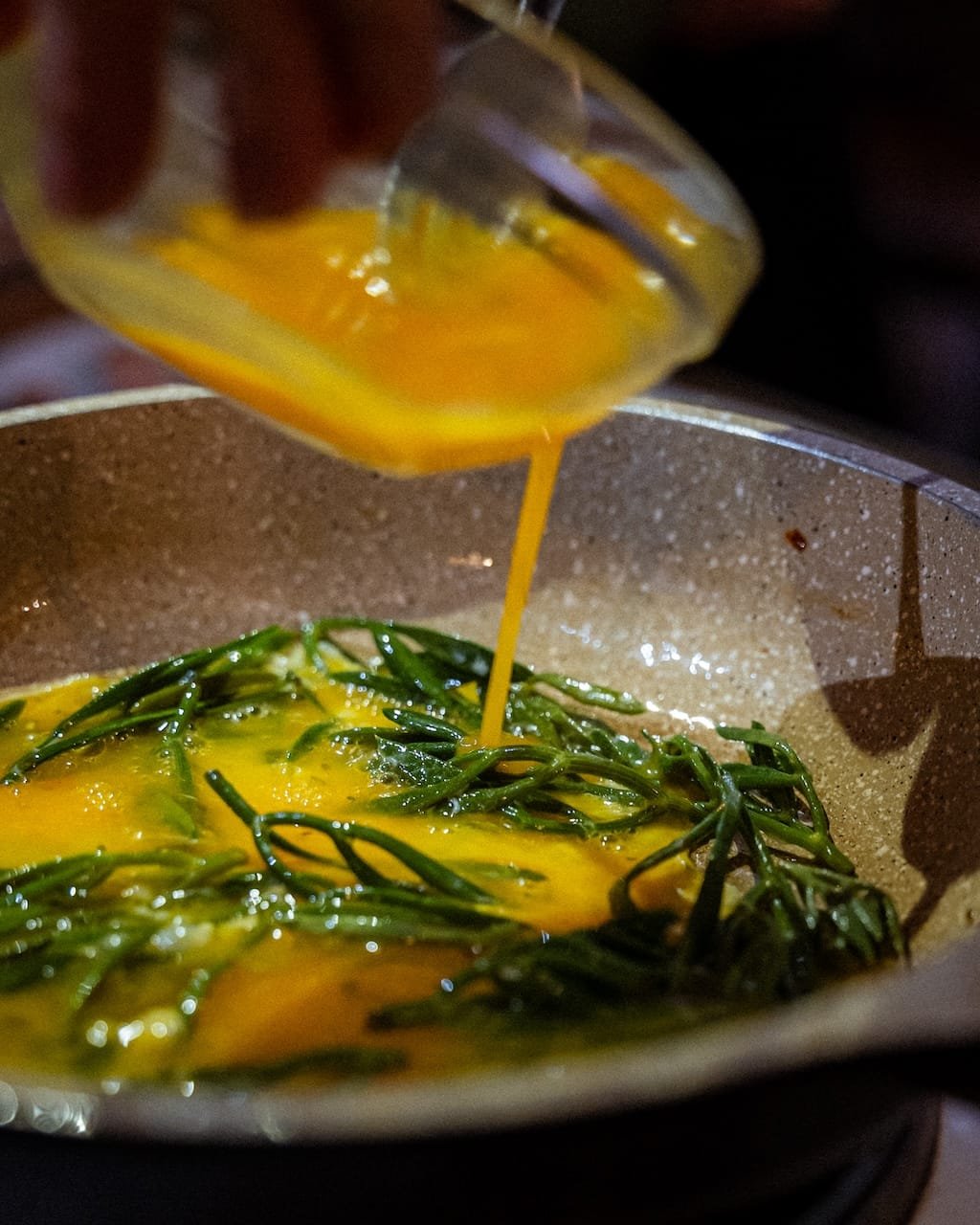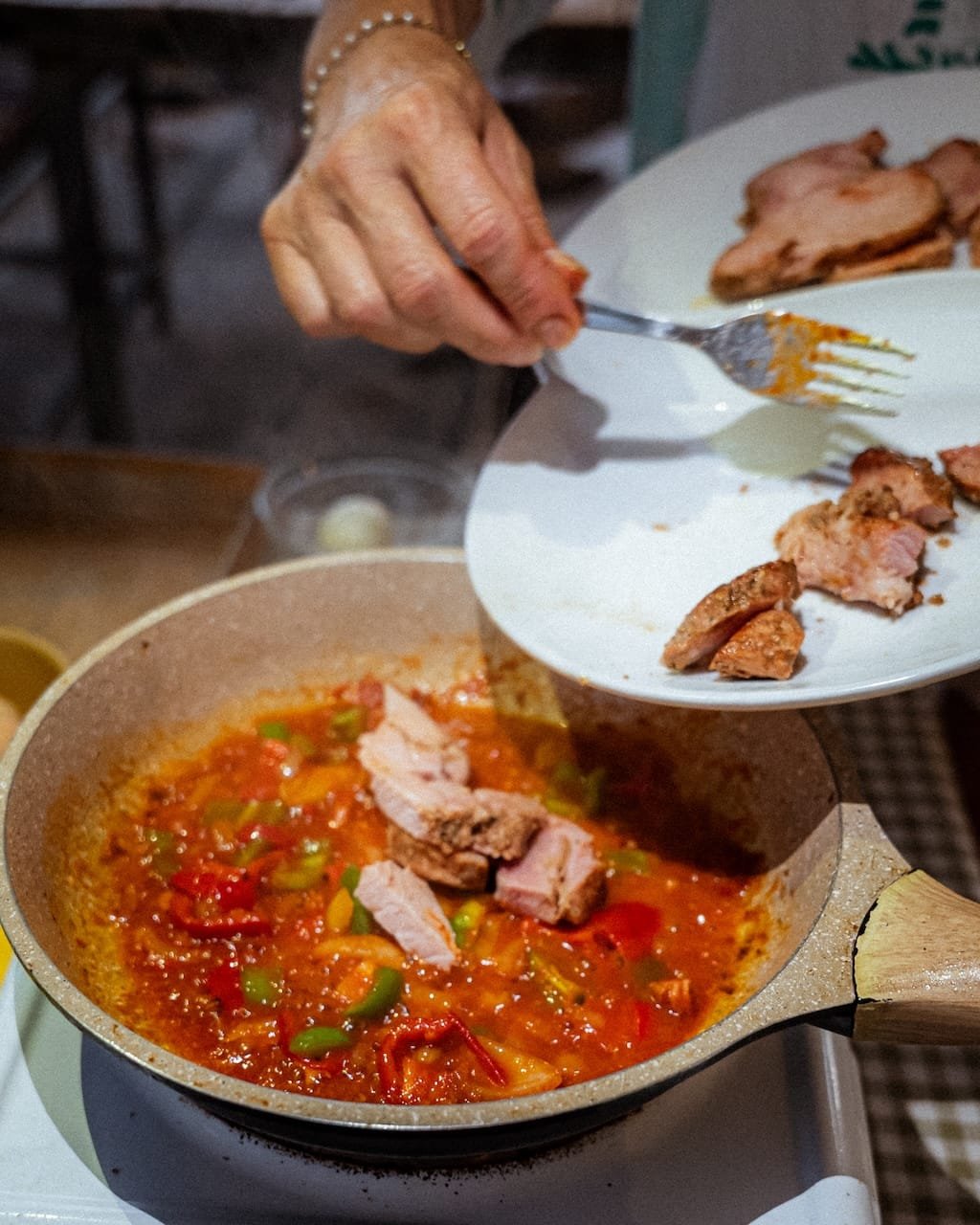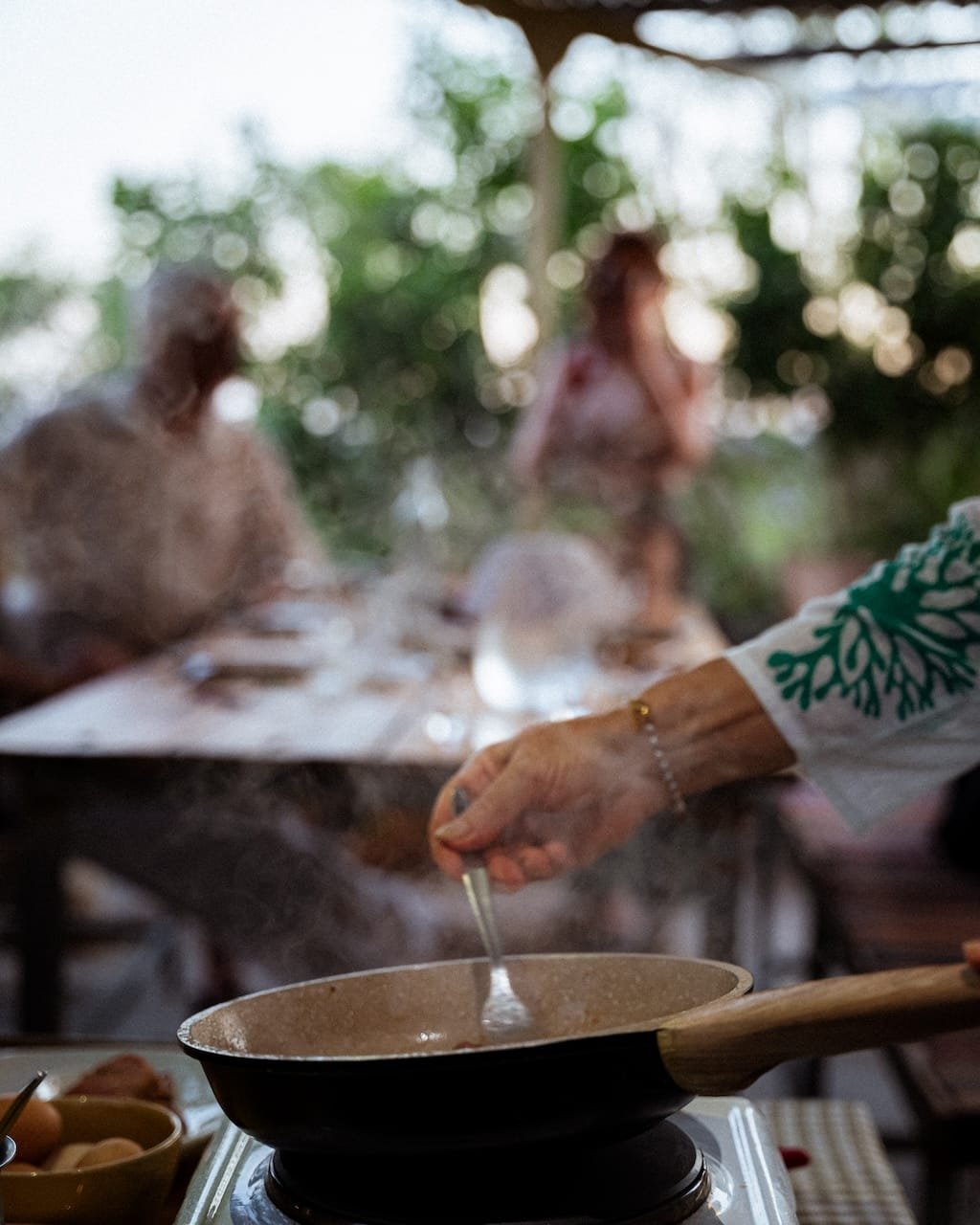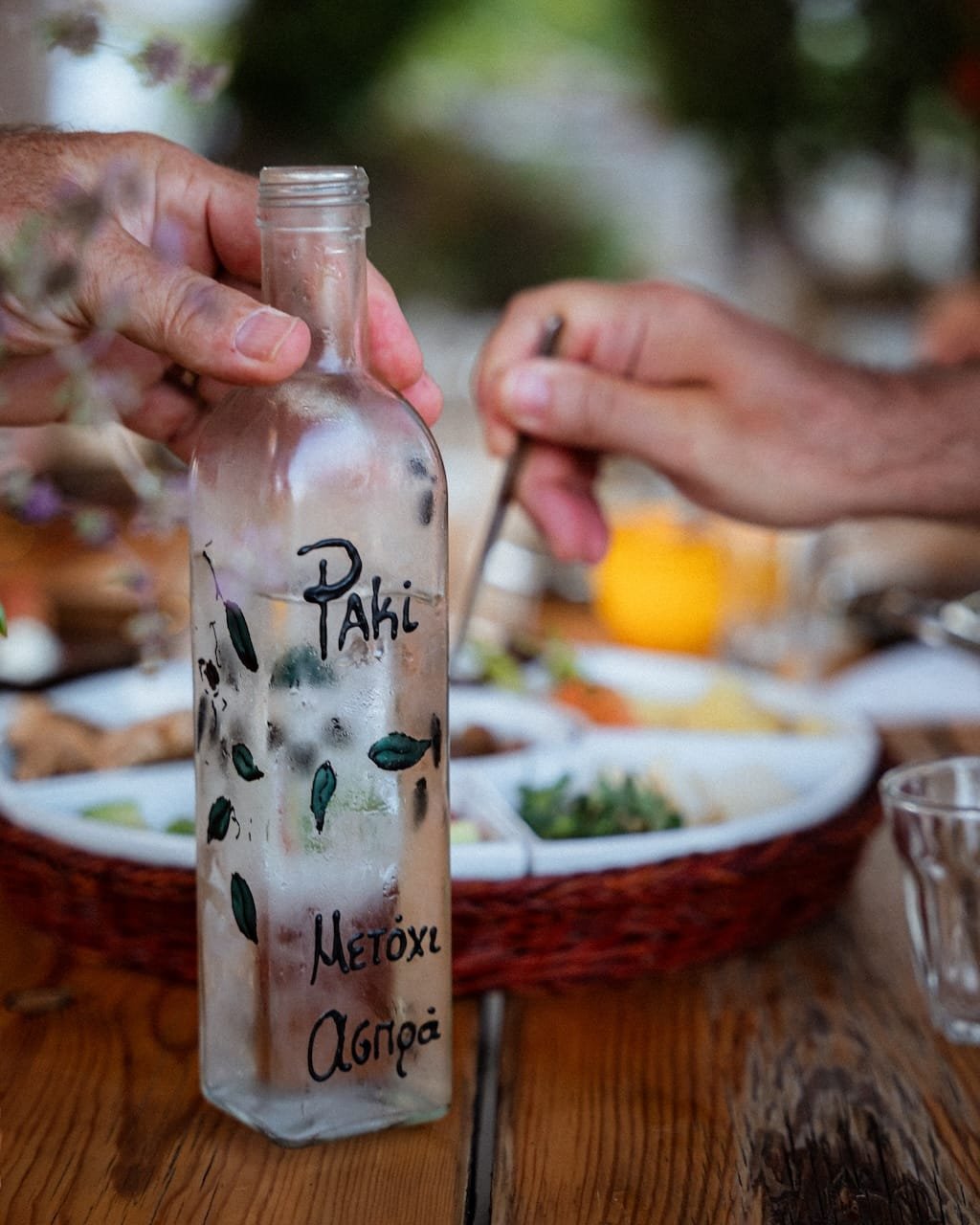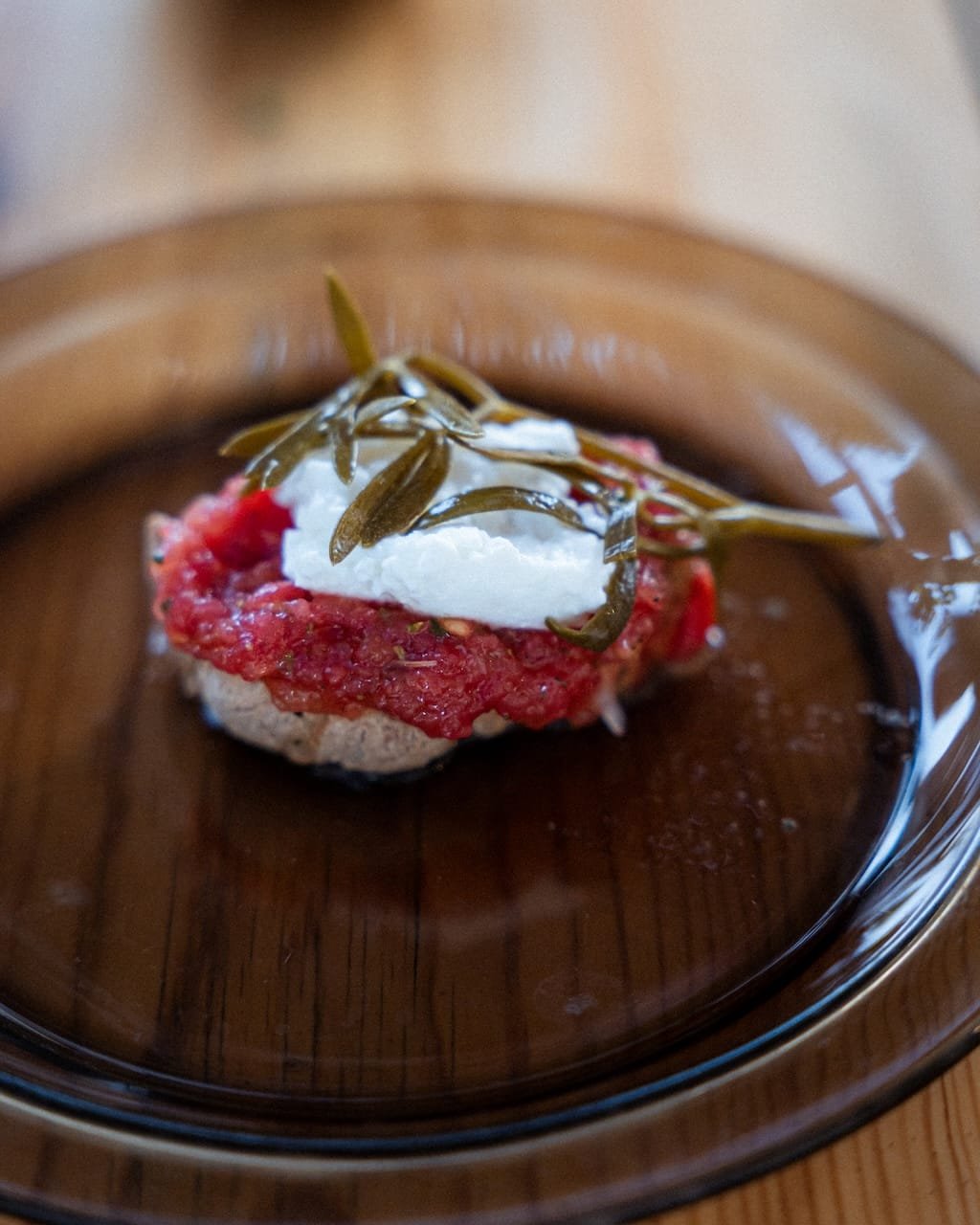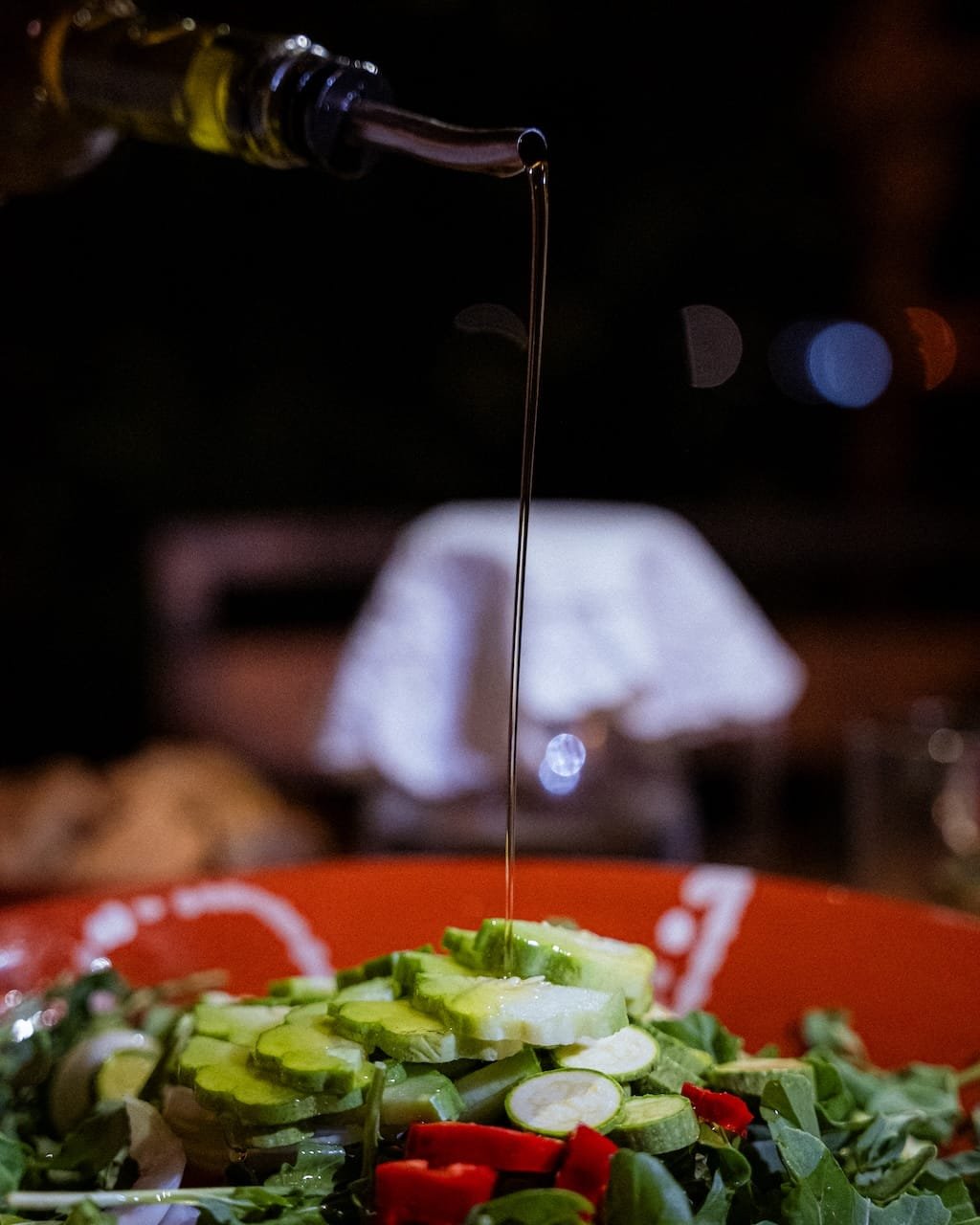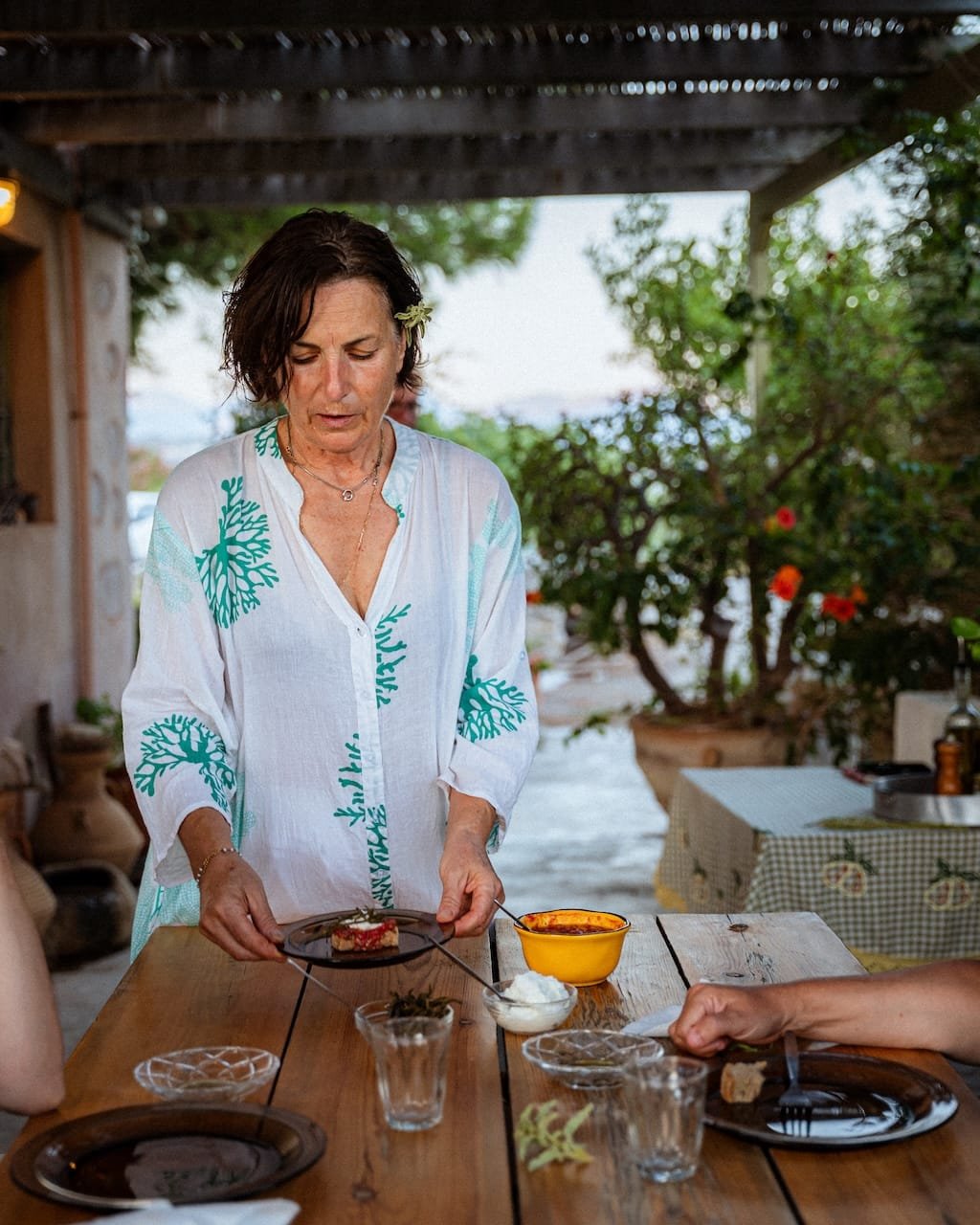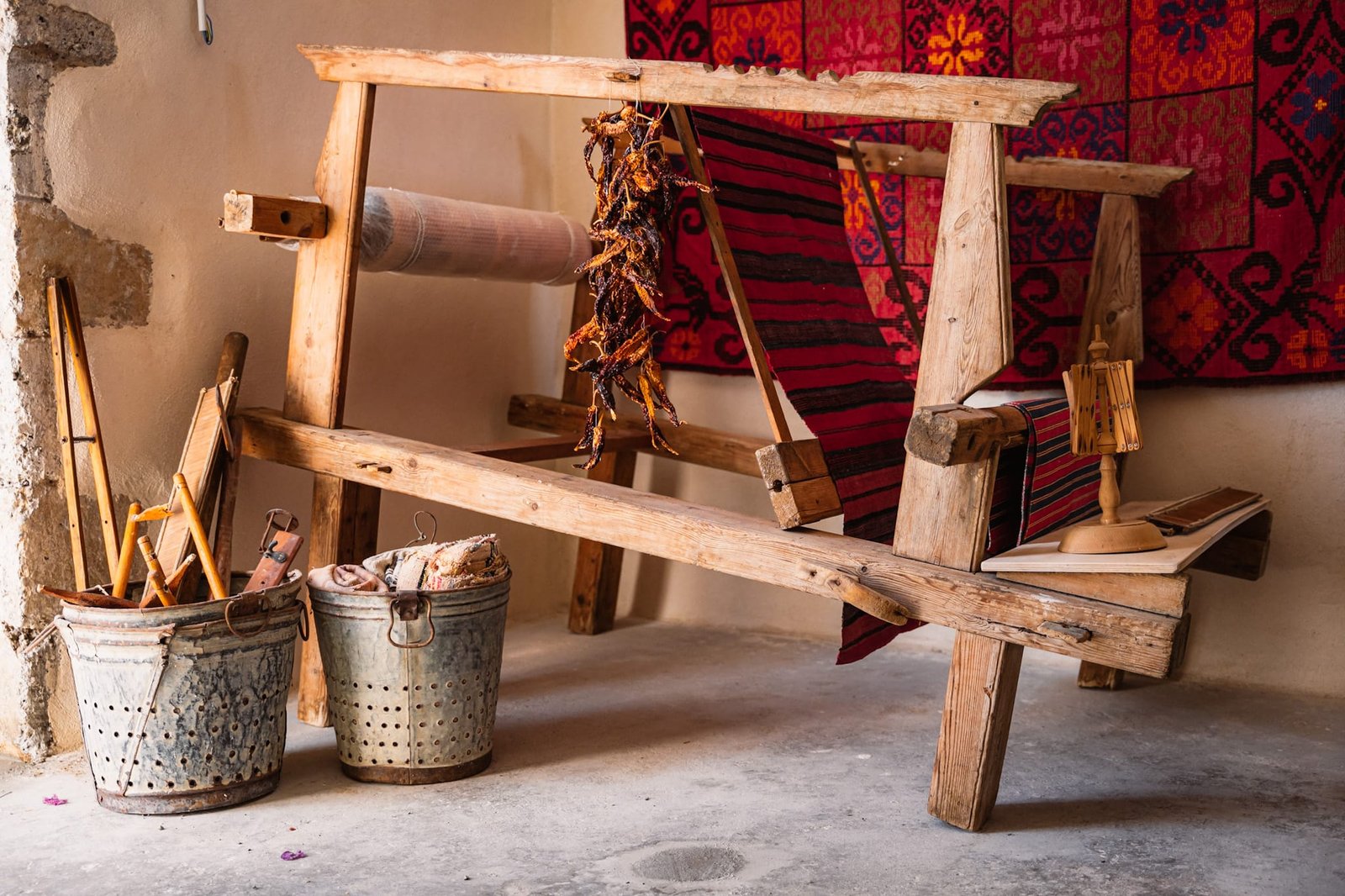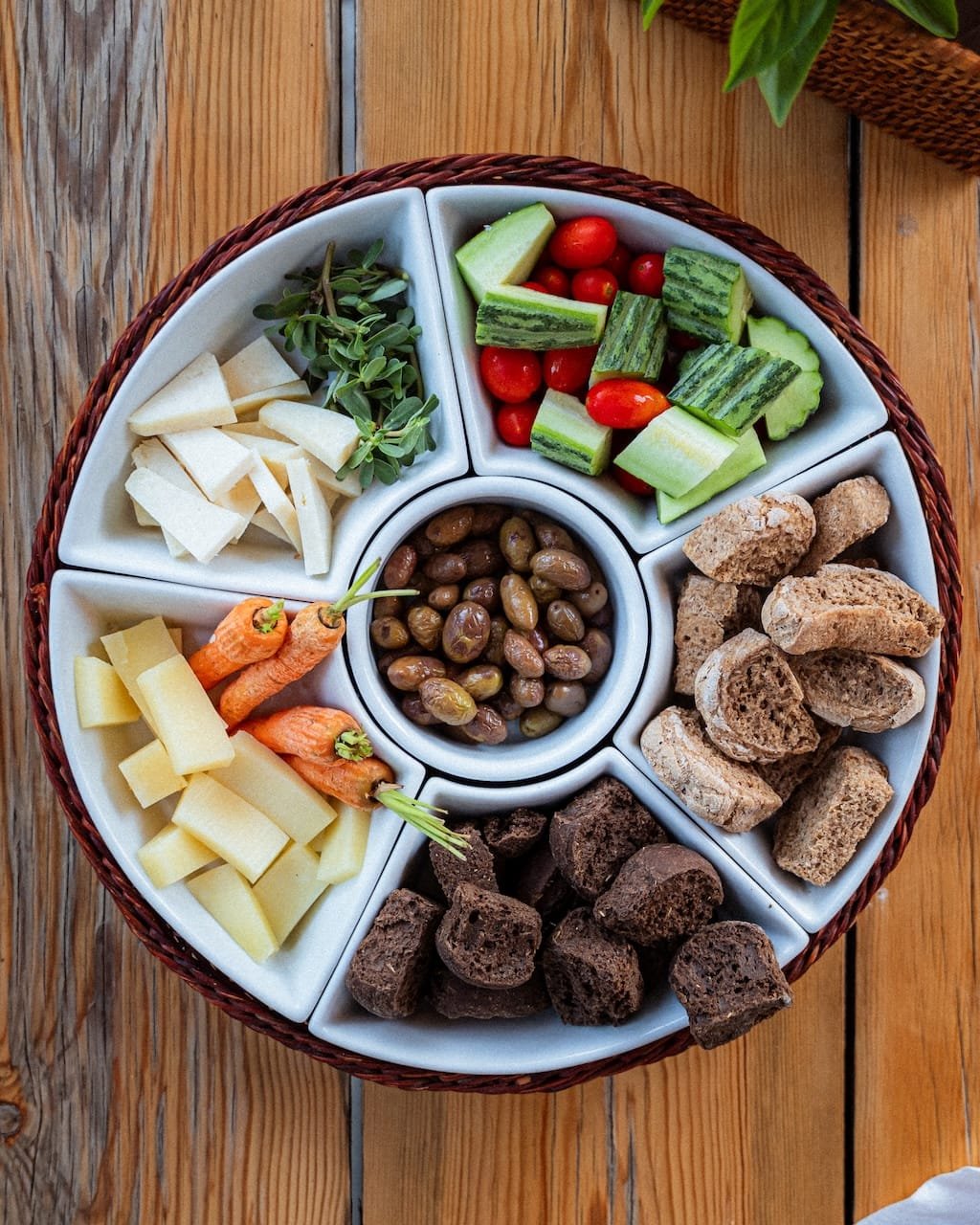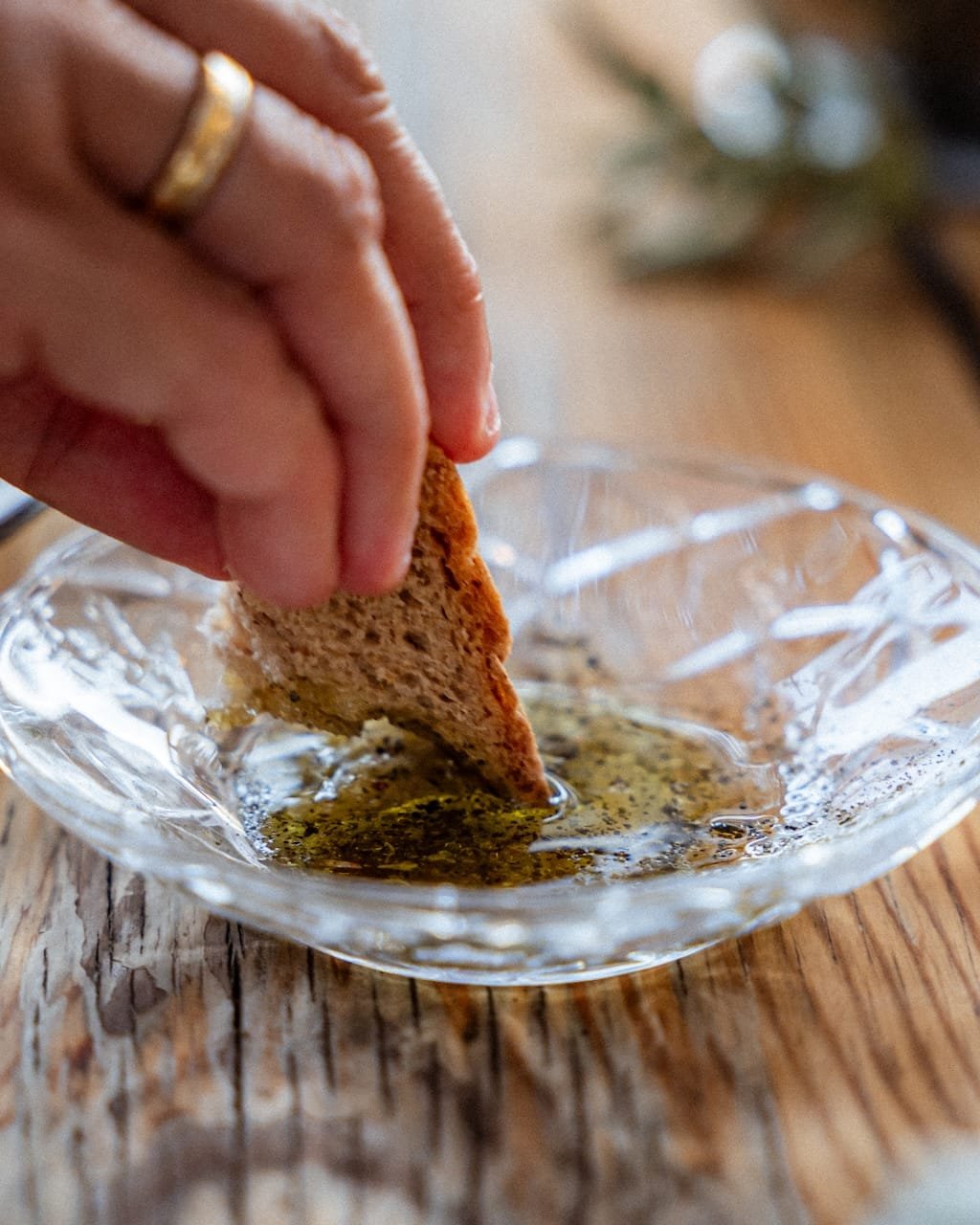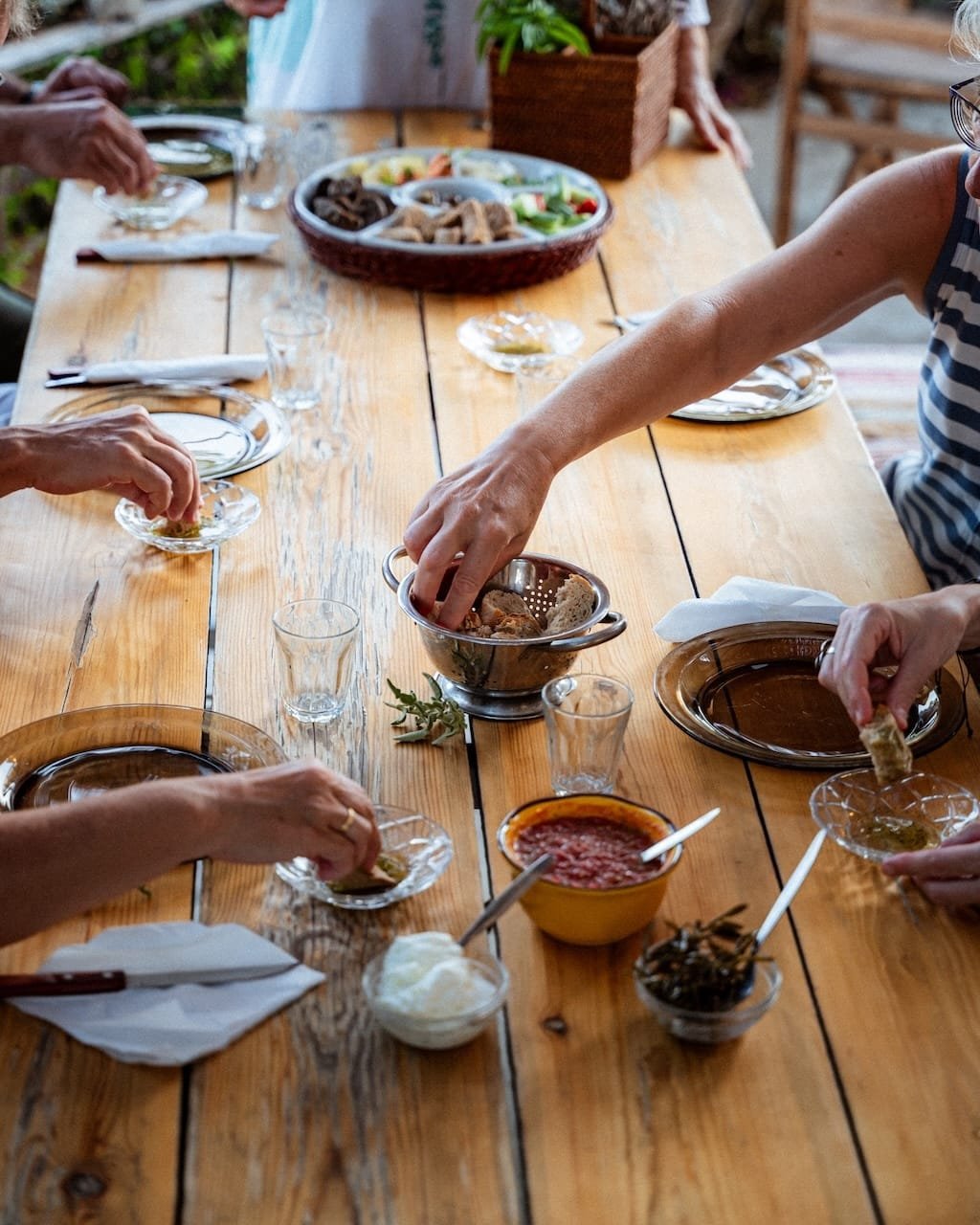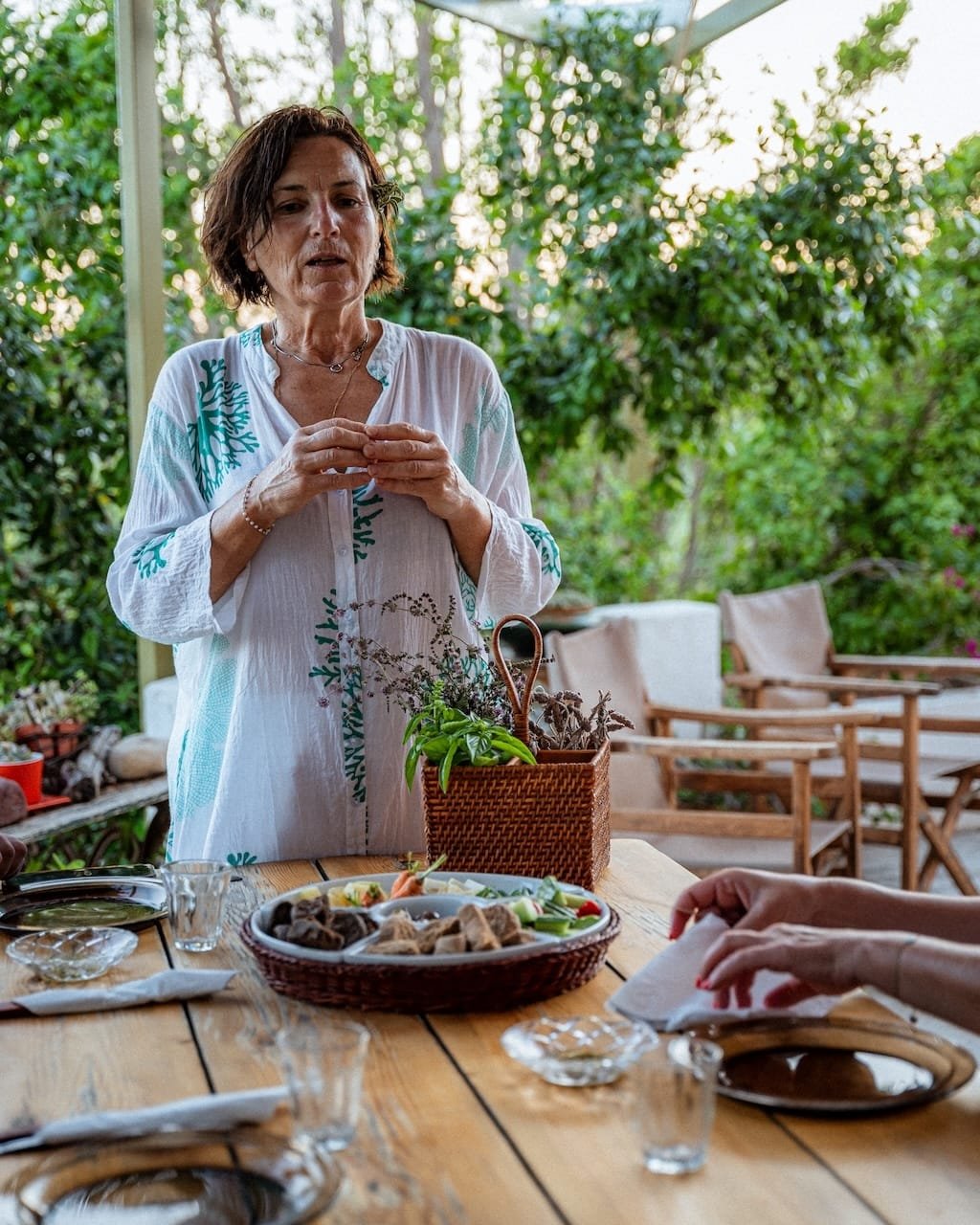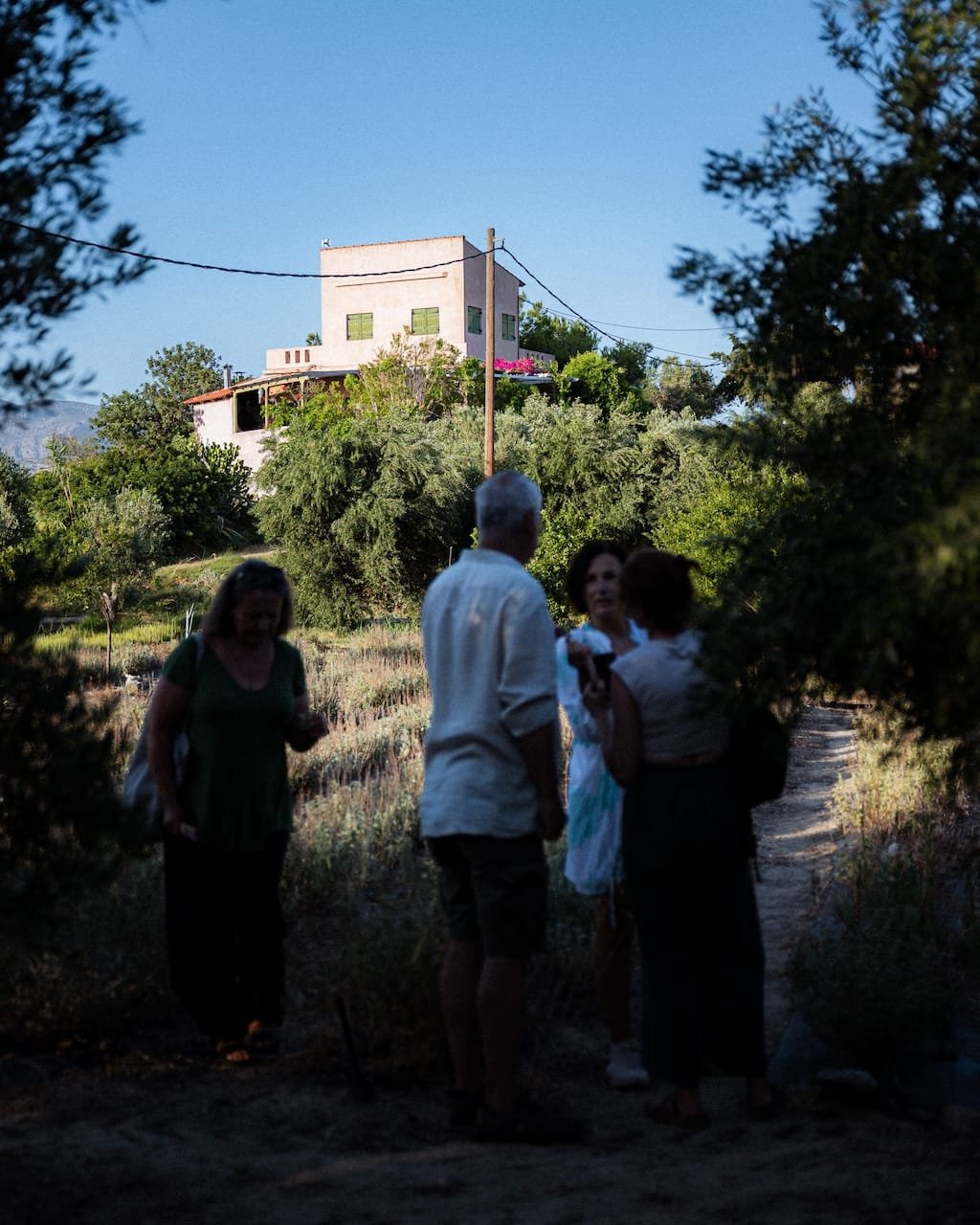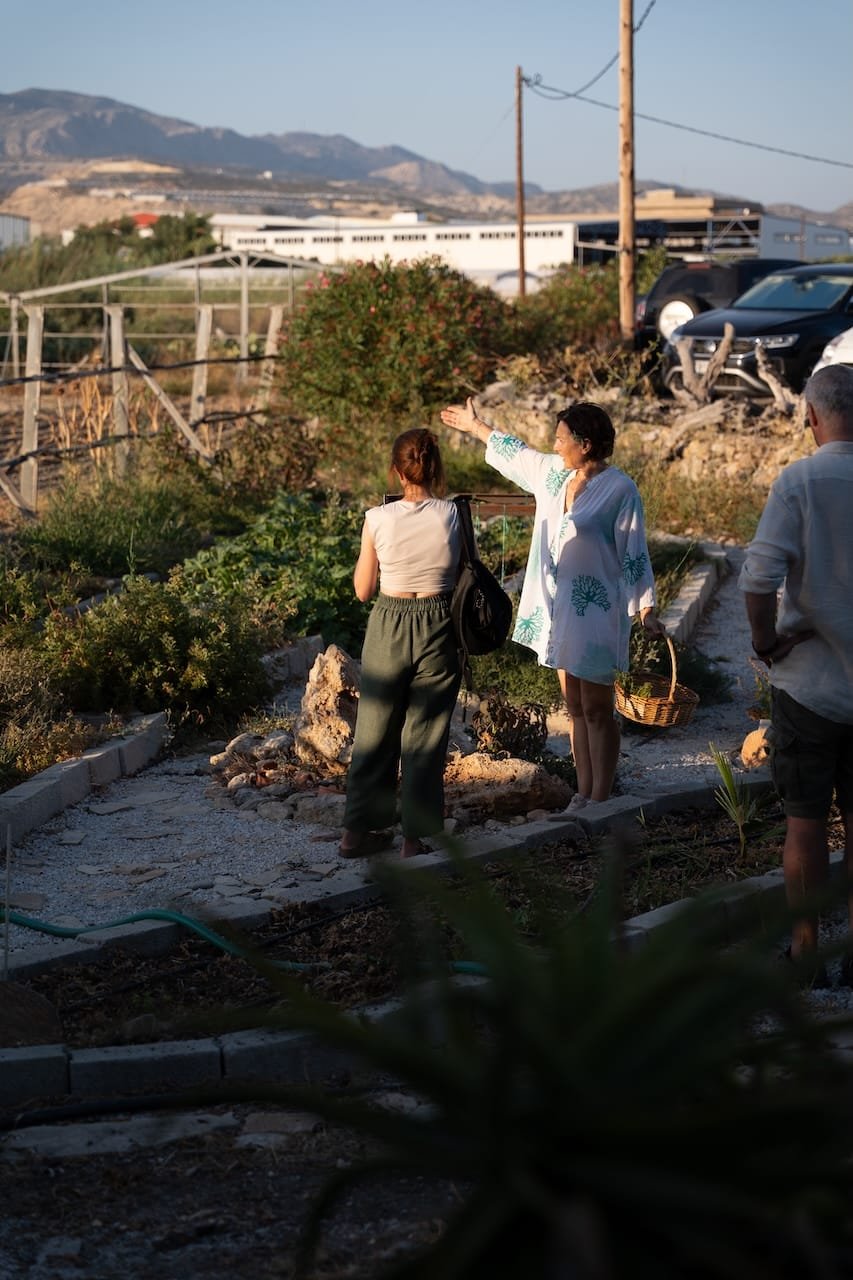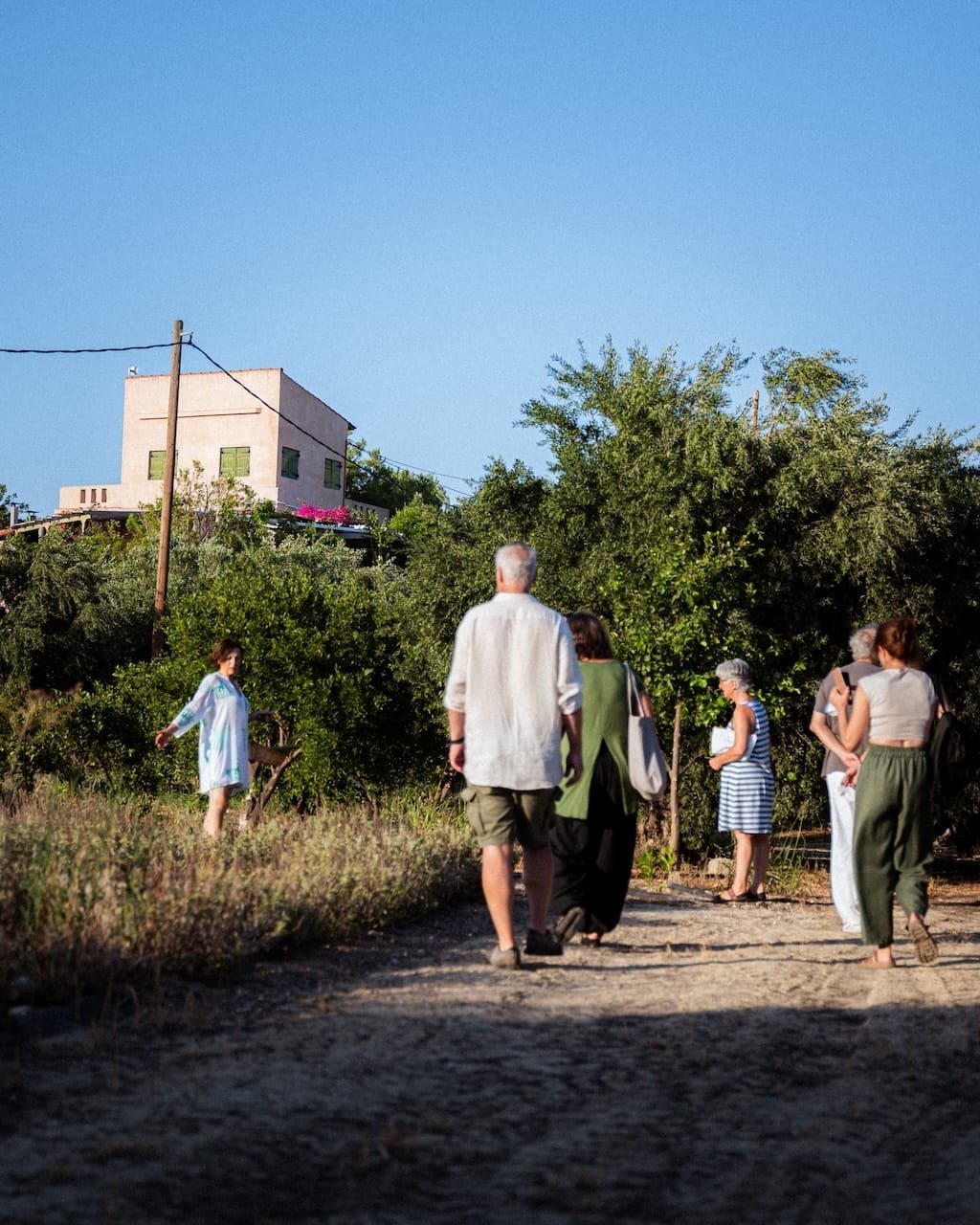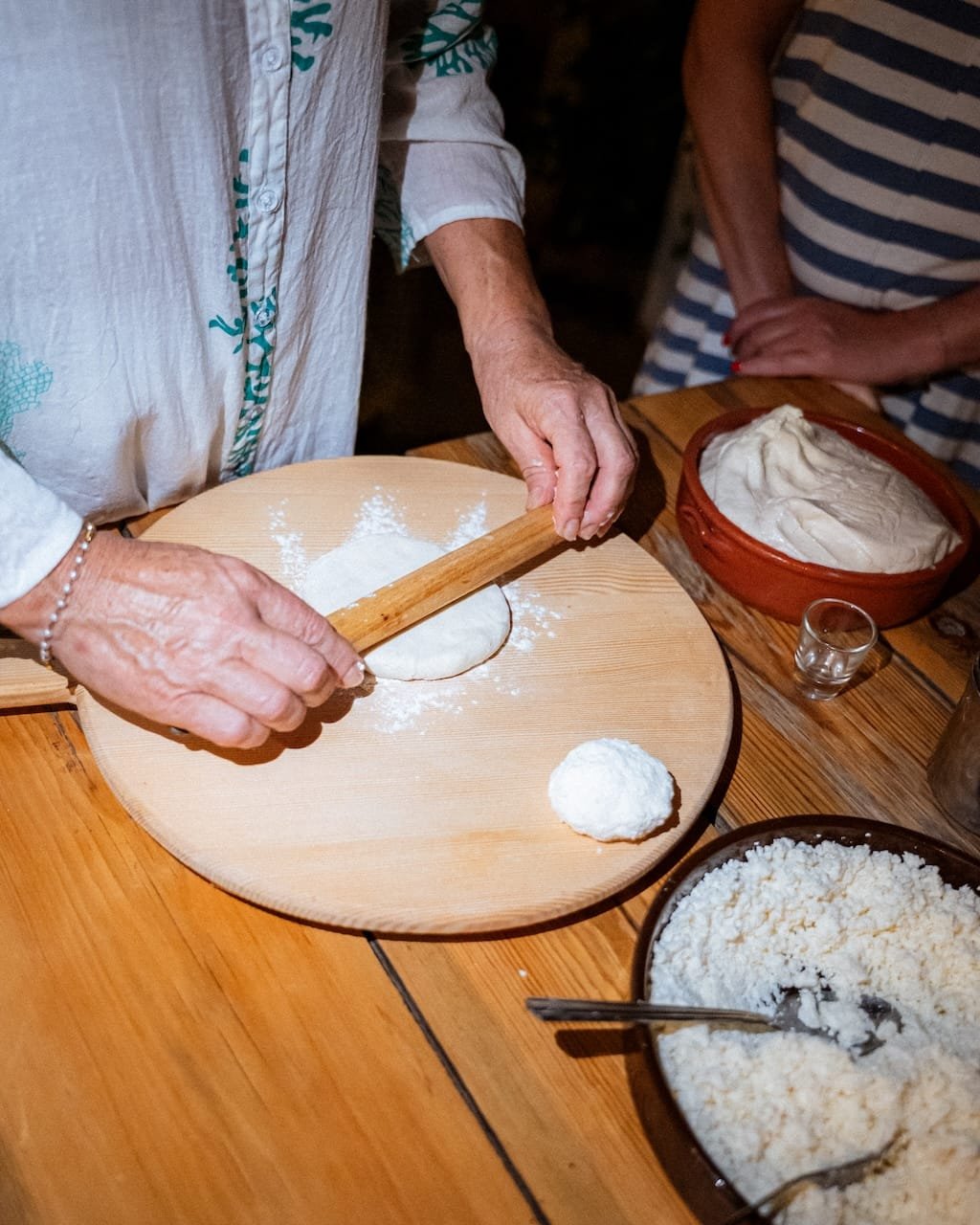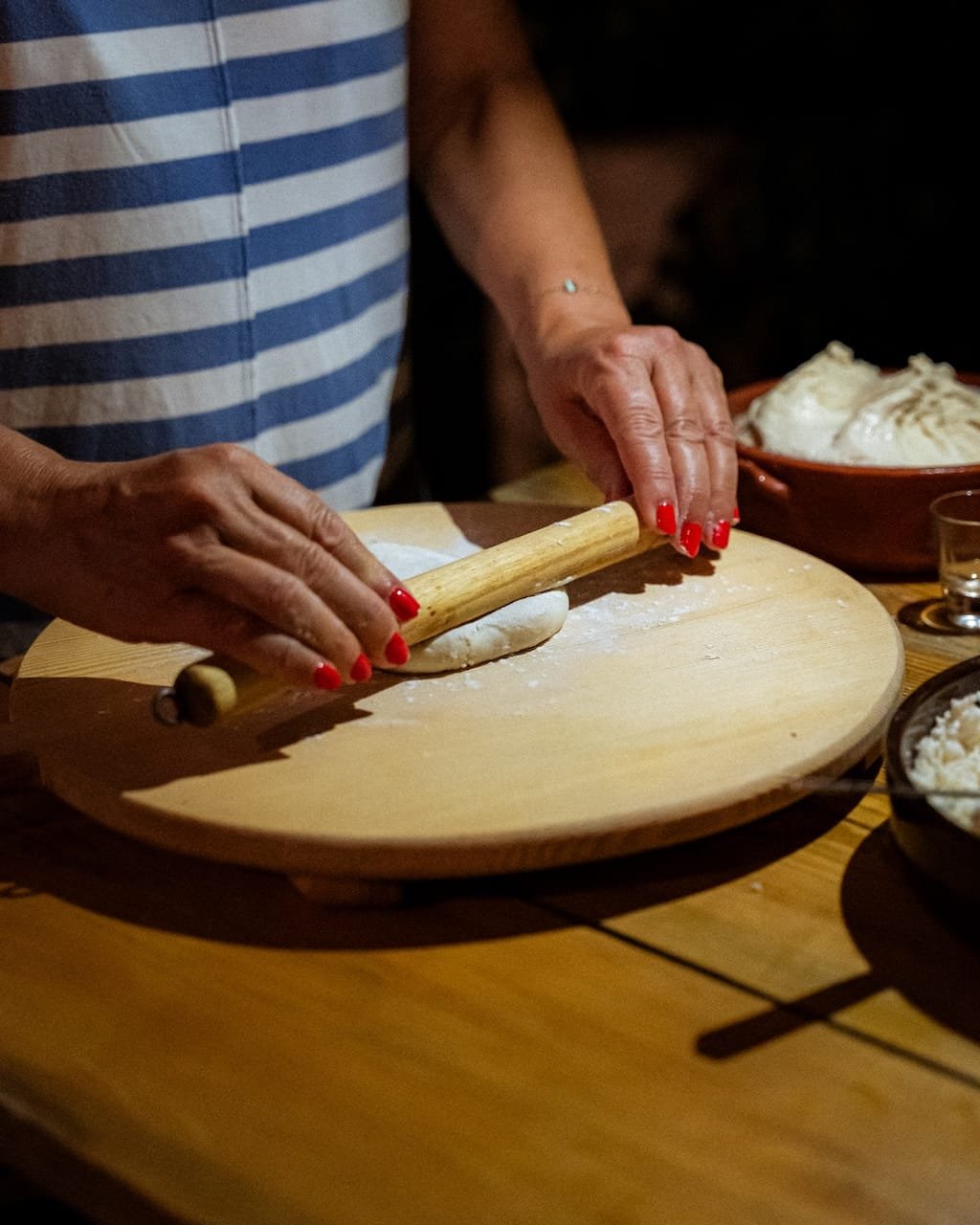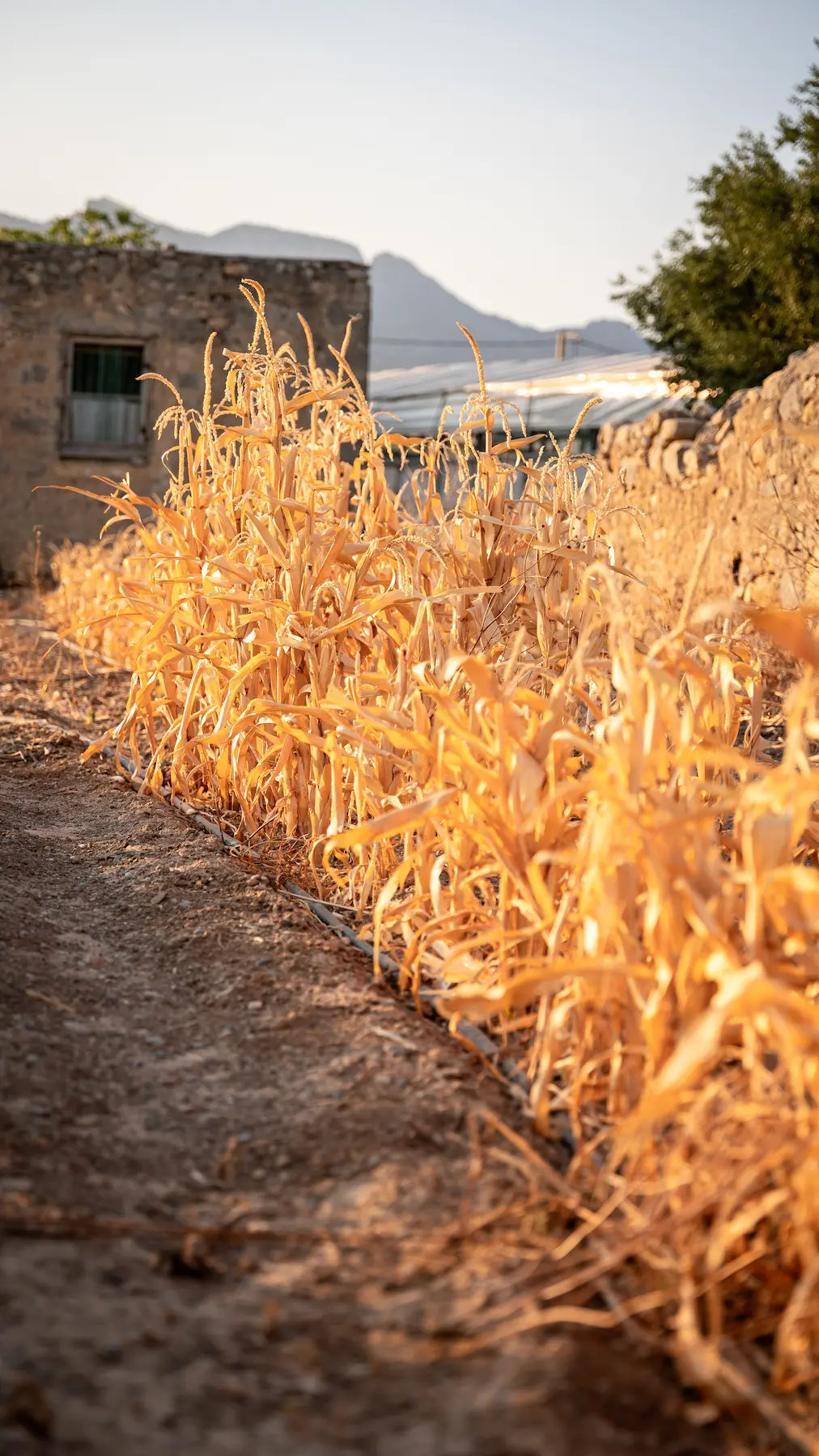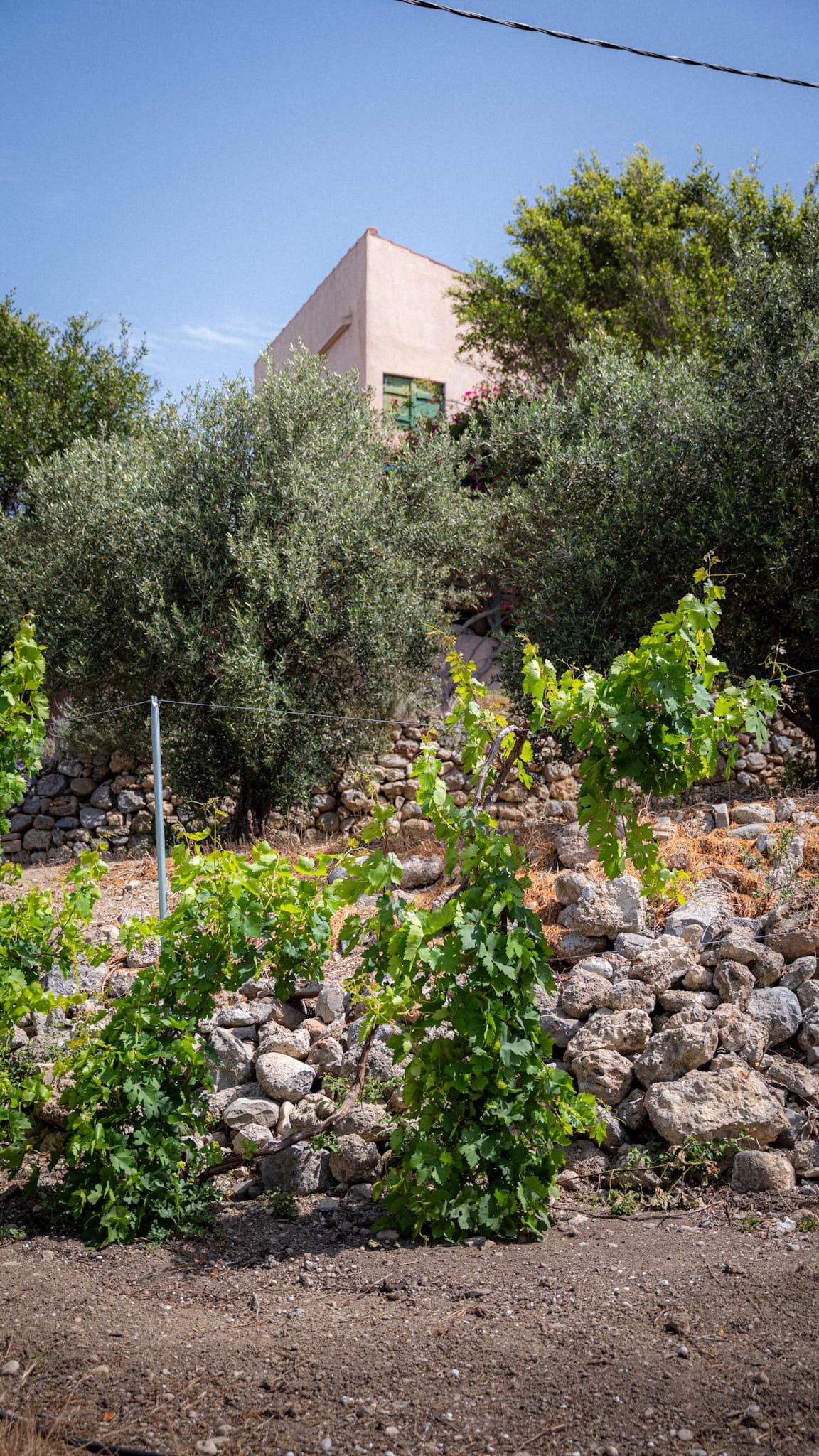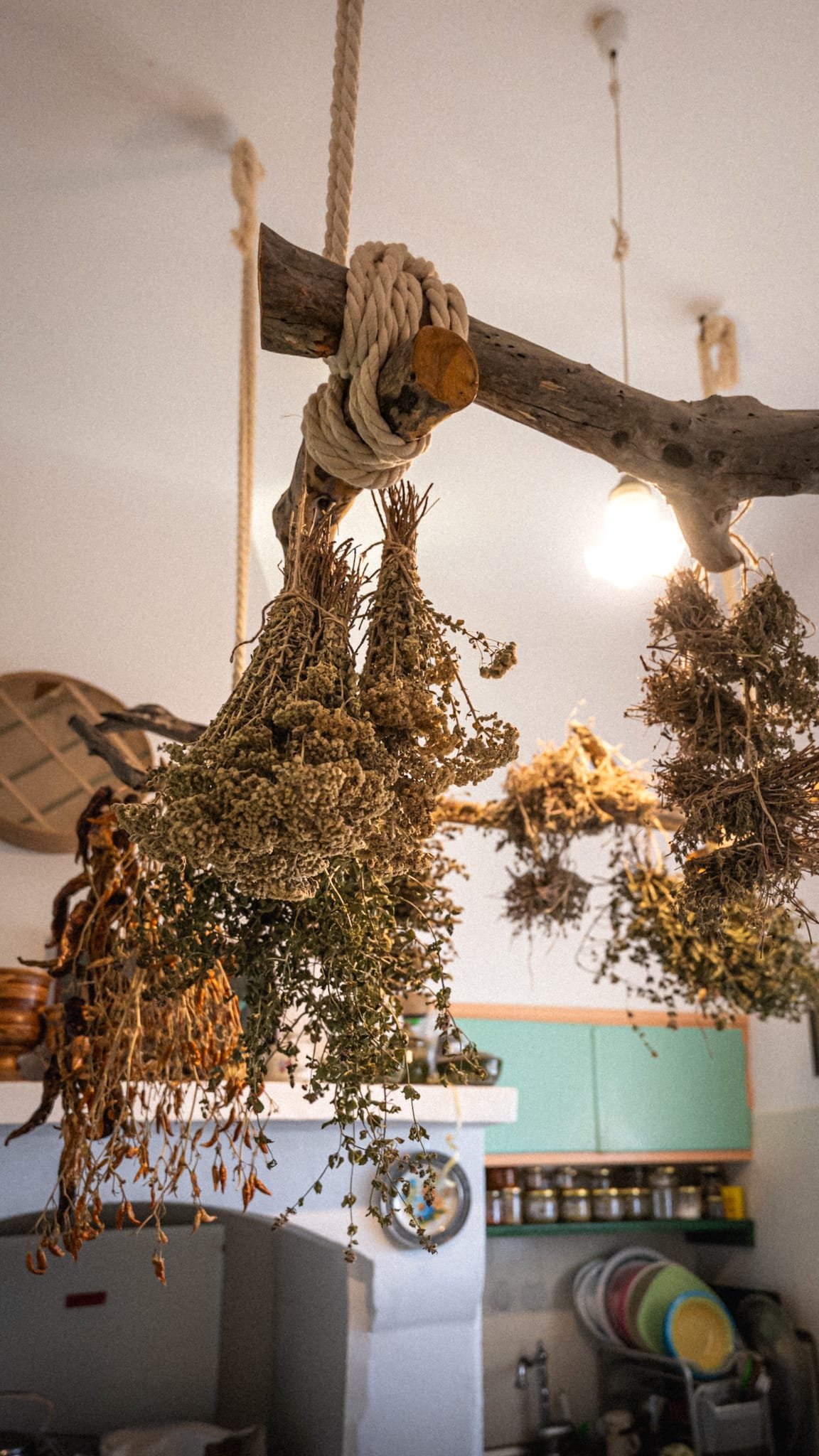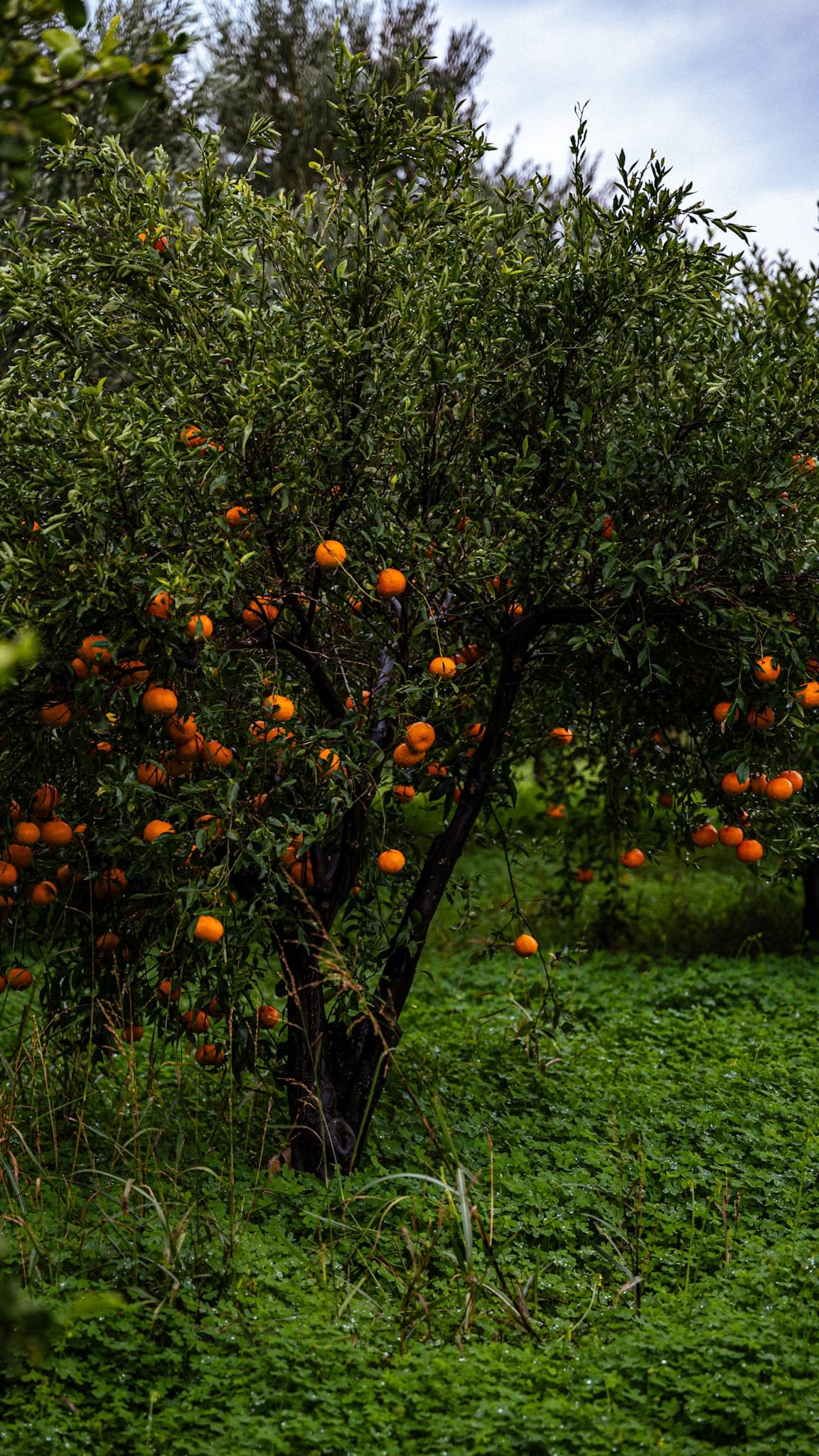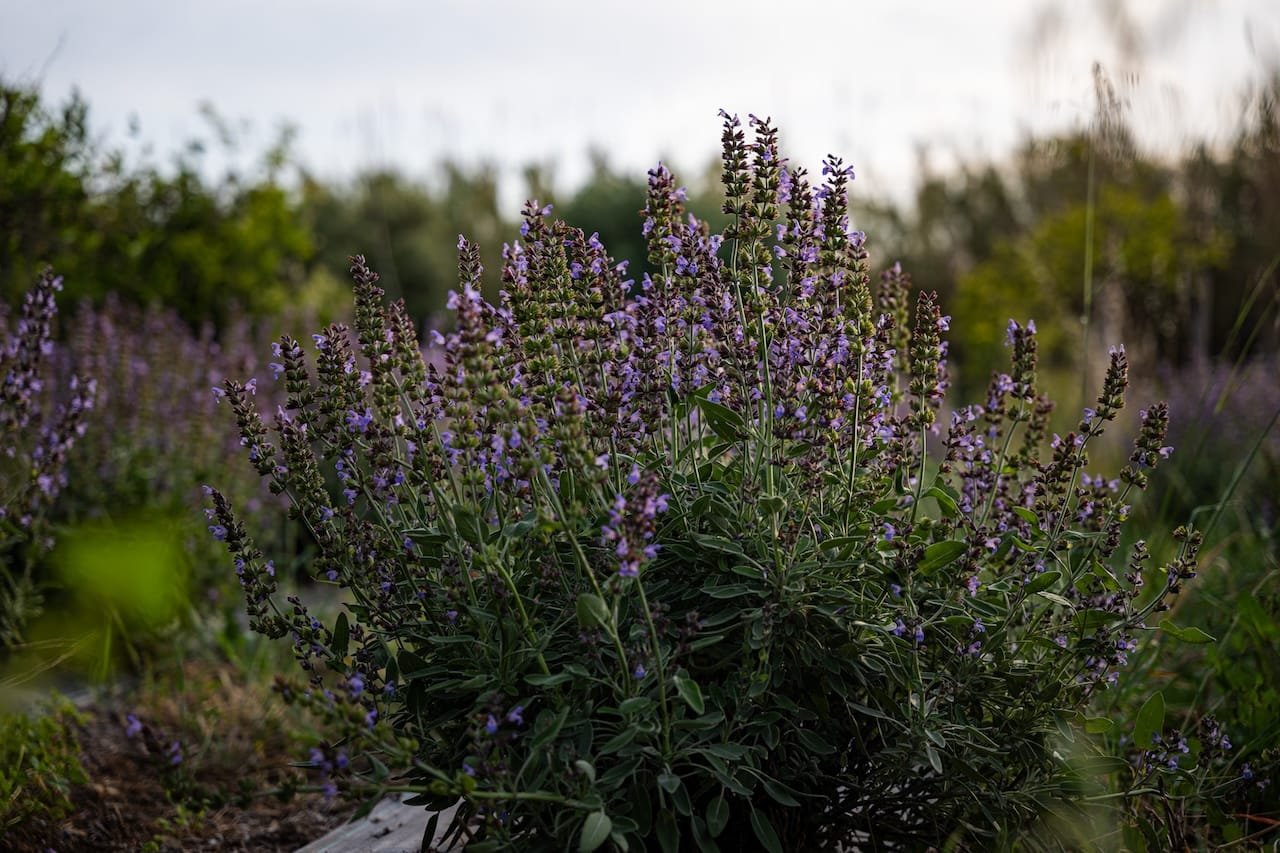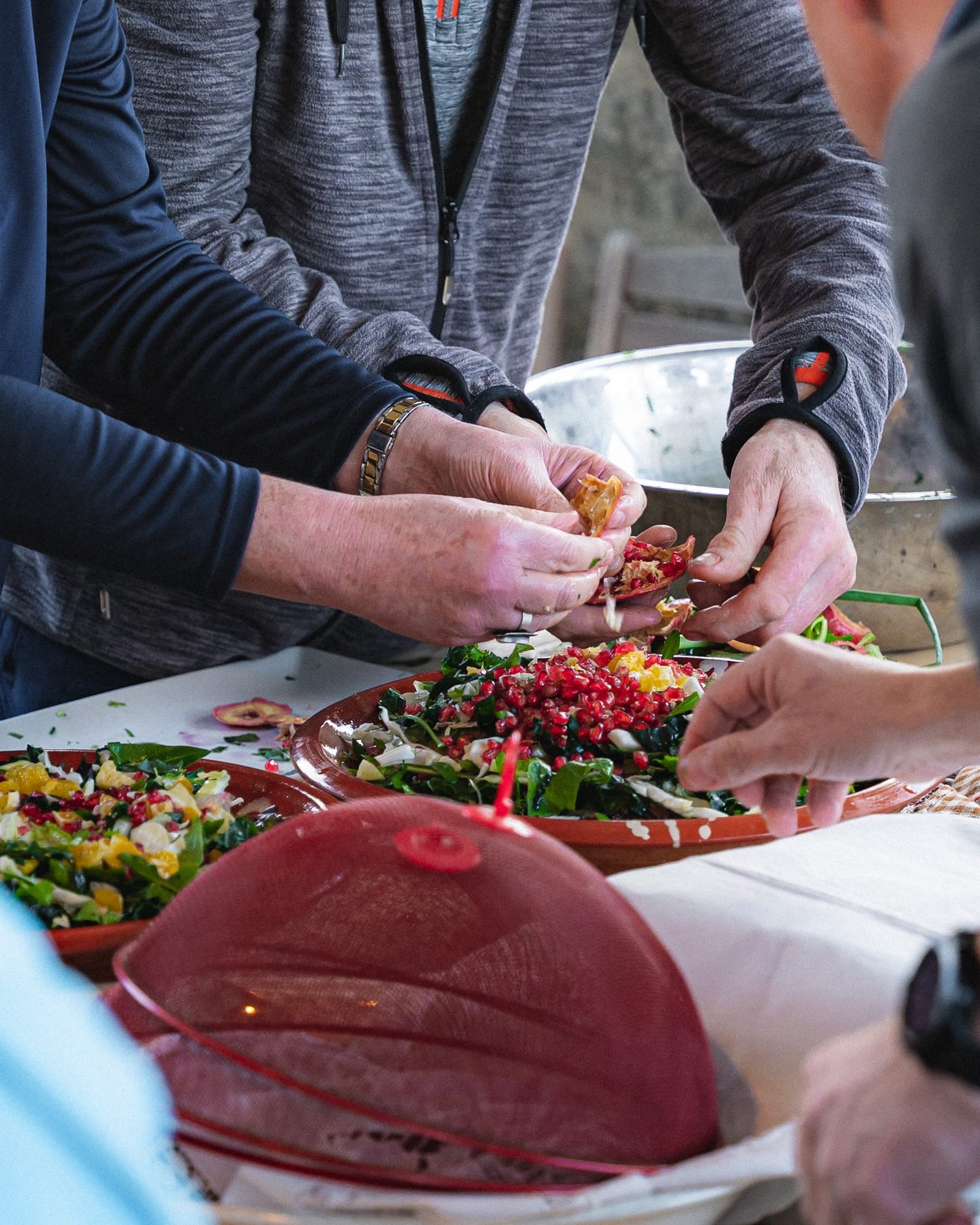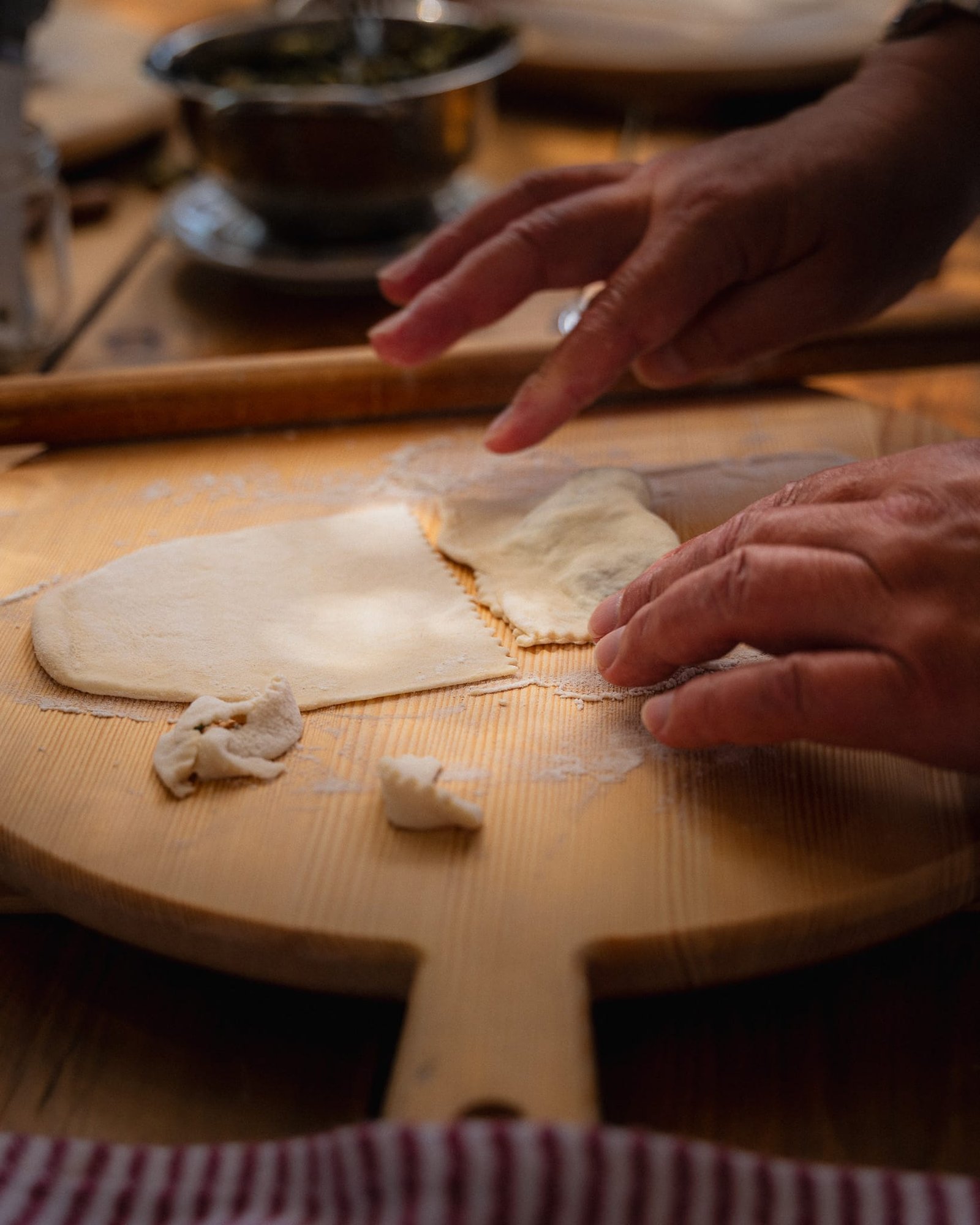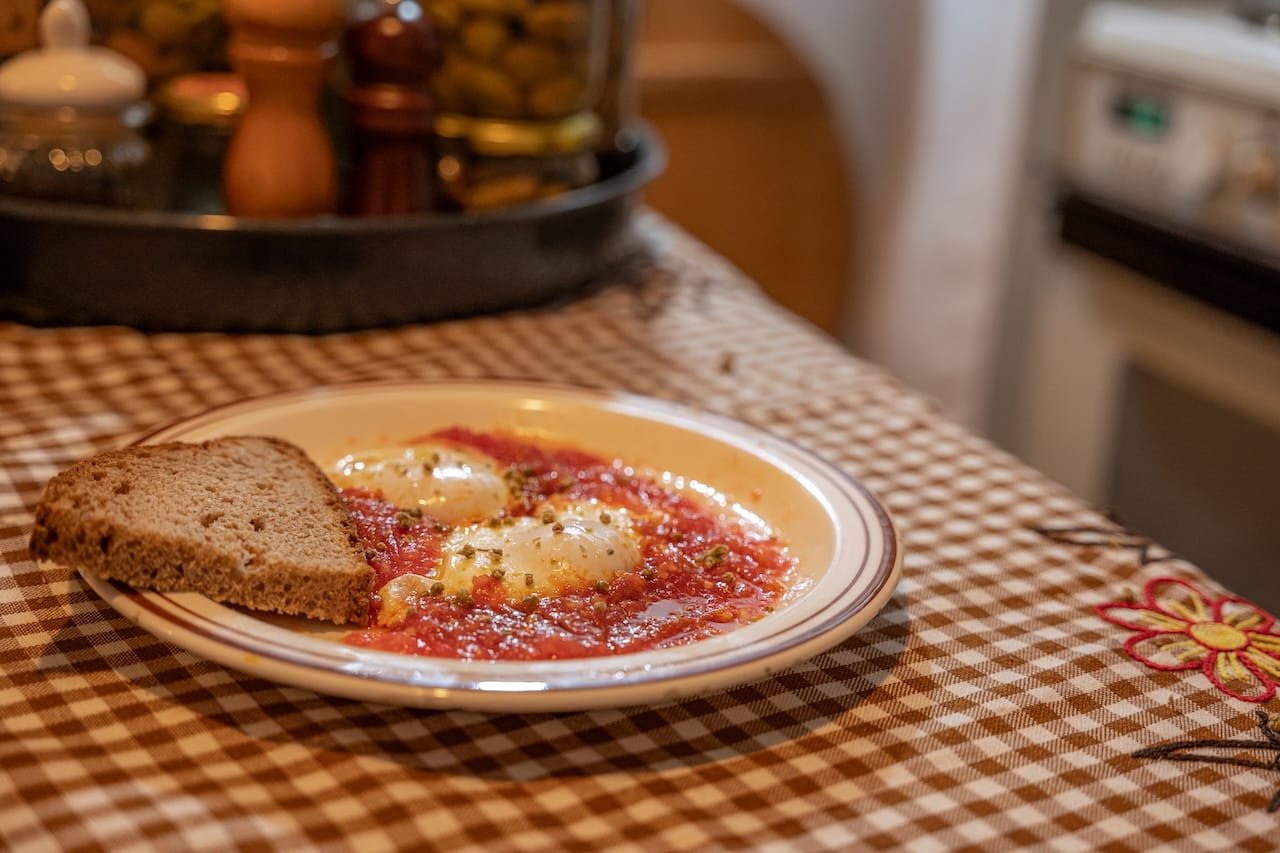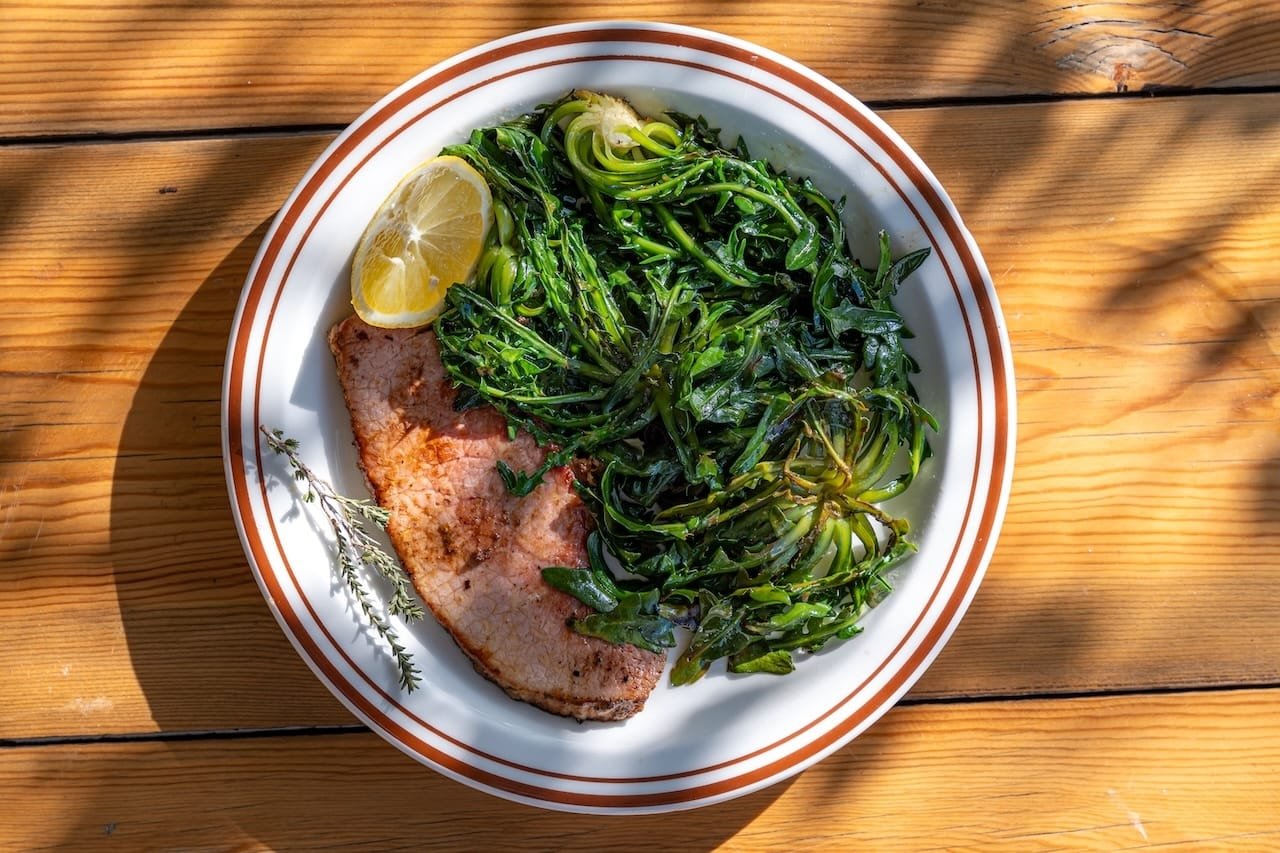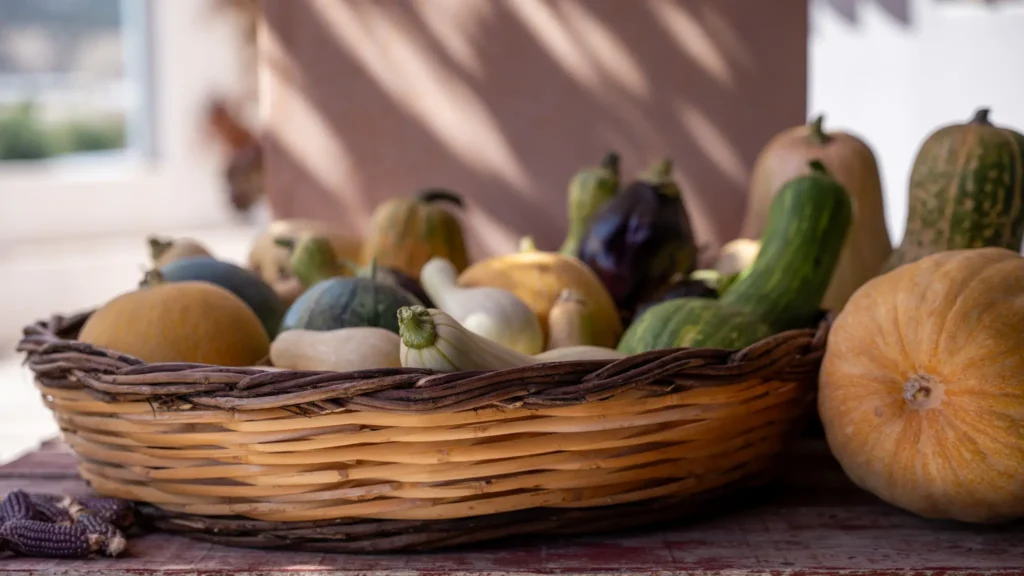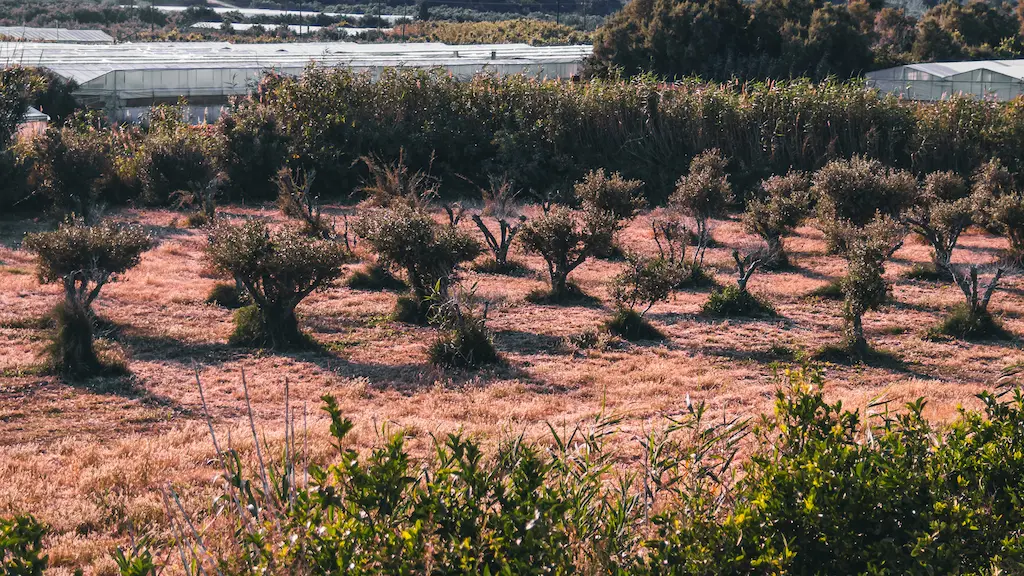Crete, Greece’s largest island, is a tapestry of splendid beaches, ancient treasures, vibrant cities, and, most importantly, a long-standing agricultural heritage. This article delves into the rich history of agriculture in Crete, highlighting its significance in the cultivation of organic products, aromatic herbs, and traditional farming practices that have been passed down through generations. As we explore the lush landscapes and fertile soils of Crete, particularly in the region of Ierapetra, we uncover the island’s contribution to agriculture and organic farming, not just in Greece but across the globe.
In this article, we’re going to discuss:
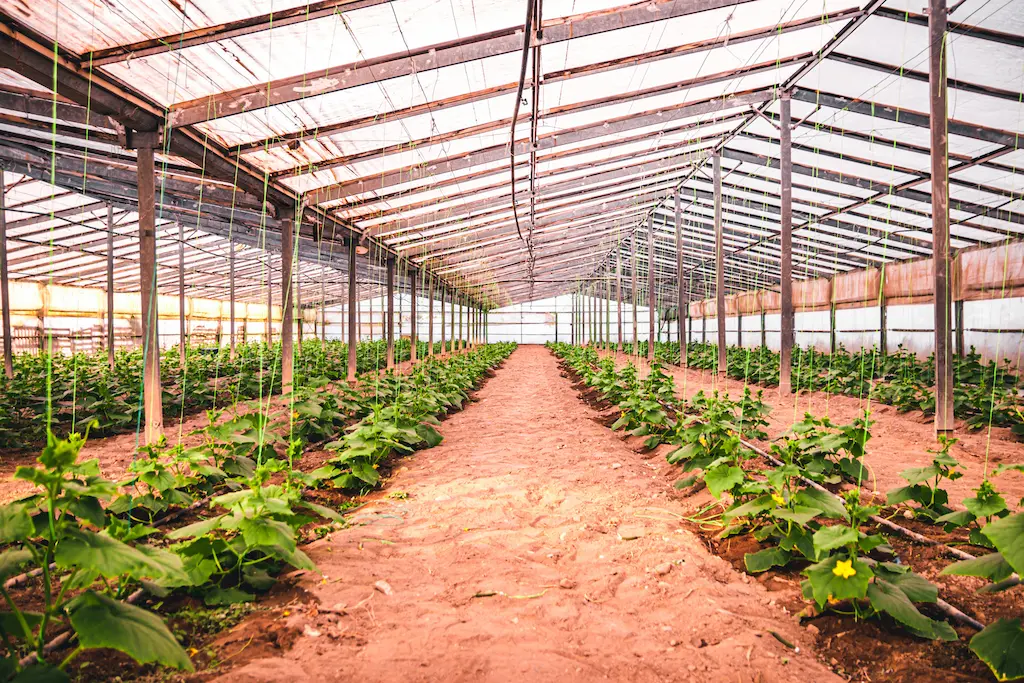
The Dawn of Cretan Agriculture
The history of agriculture in Crete dates back to the Minoan civilization, around 2700 to 1450 BC, when the island first witnessed the cultivation of cereals, vines, and olives. This era marked the beginning of organized farming and the domestication of animals in Crete, laying the foundation for future agricultural development. The Minoans were among the early adopters of irrigation techniques, using terraces to manage water efficiently, a practice that showcased their ingenuity and understanding of sustainable farming.
Aromatic Herbs and Organic Farming
Crete’s diverse flora and favorable climate conditions have made it an ideal location for the cultivation of aromatic herbs such as thyme, oregano, and rosemary. These herbs are not only integral to the Cretan diet but are also valued for their medicinal properties, making them a vital component of the island’s organic farming sector. The emphasis on organic farming practices in Crete reflects a commitment to preserving the natural environment and promoting healthy living, principles that are deeply rooted in the island’s agricultural traditions.
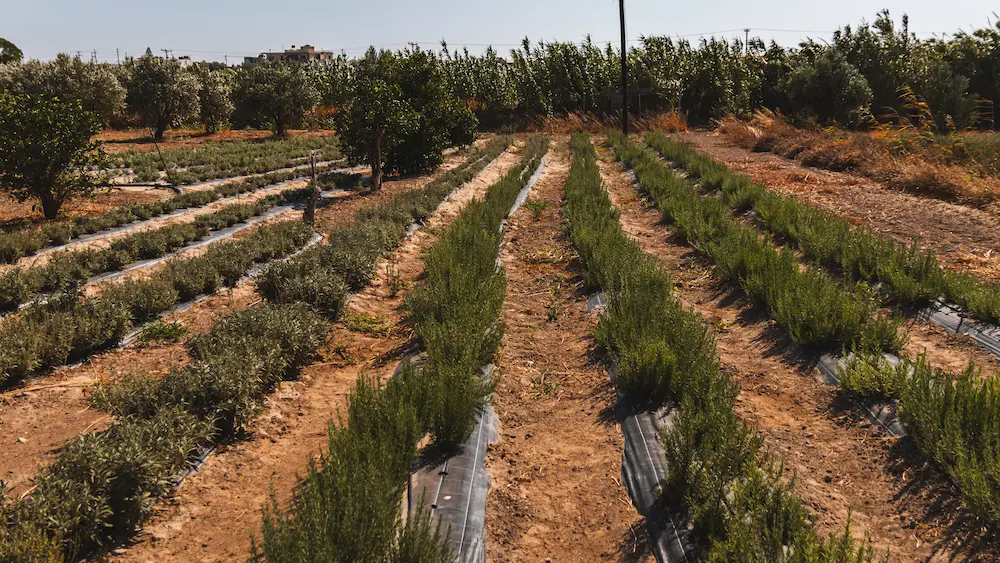
The Modern Era and Agricultural Evolution
The agricultural landscape of Crete has evolved significantly over the centuries, with modern technologies and sustainable practices enhancing the productivity and quality of its produce. However, the heart of Cretan agriculture remains unchanged, with a strong emphasis on community, tradition, and the organic cultivation of products. Today, Crete is renowned for its olive oil, wine, and dairy products, which are celebrated for their superior quality and authenticity.
Ierapetra: The Hub of Agricultural Innovation
Ierapetra, located in the southeastern part of Crete, stands out as a beacon of agricultural innovation and productivity. Known as the “bridge of the Libyan Sea,” Ierapetra benefits from a unique microclimate that allows for the cultivation of a wide range of products year-round. The region is particularly noted for its greenhouses, which produce an abundance of vegetables and fruits, contributing significantly to both the local and national economy. The agricultural practices in Ierapetra, grounded in sustainability and innovation, exemplify the spirit of Cretan farming.
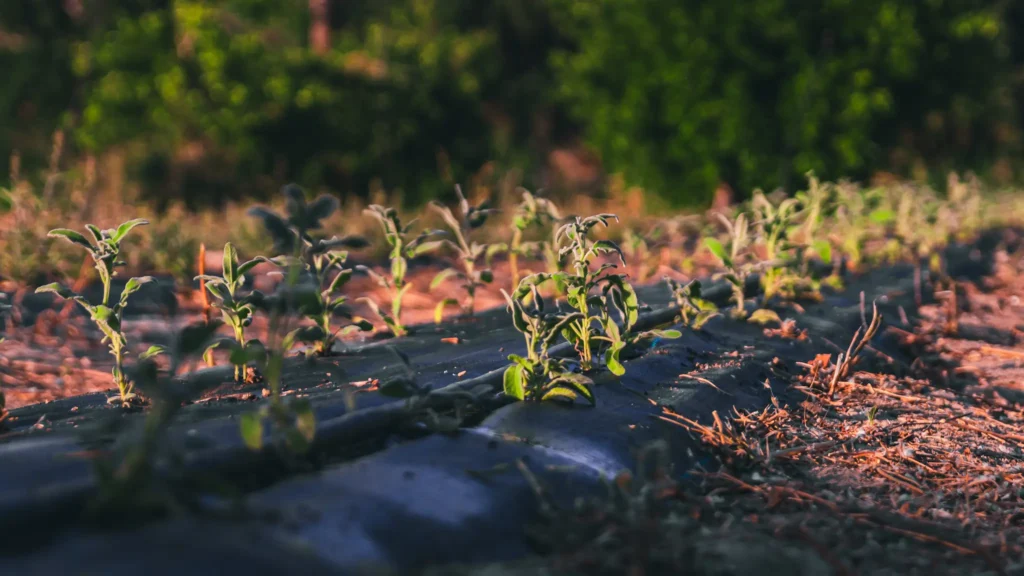
Conclusion
The rich history of agriculture in Crete is a testament to the island’s resilience, ingenuity, and commitment to sustainable practices. From the ancient Minoans to the modern farmers of Ierapetra, the story of agriculture in Crete is a continuous thread that weaves through the fabric of its culture and traditions. As the world moves towards a more organic and eco-friendly approach to farming, Crete stands as a shining example of how history and tradition can blend seamlessly with innovation to create a sustainable and prosperous agricultural future.
This exploration into Crete’s agricultural legacy not only celebrates its past but also highlights its significant contribution to the fields of organic products, aromatic herbs, and sustainable farming practices. As we delve into the essence of Crete’s verdant landscapes and rich agricultural history, we are reminded of the timeless bond between land and man, a relationship fostered with care, respect, and a deep understanding of nature’s rhythms.

Aspras Terra Agriculture Experience, Ierapetra Crete Greece, follow us on Instagram or Facebook to learn more about our activities and upcoming events!
